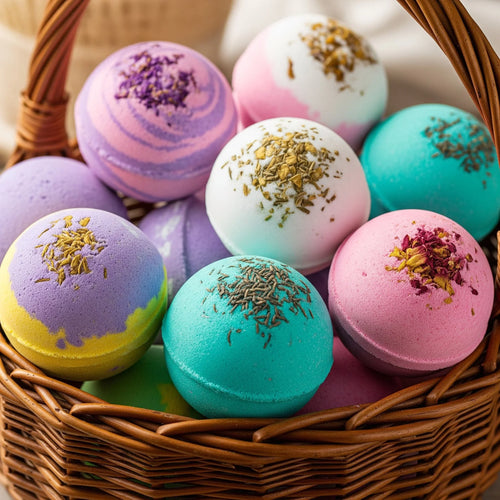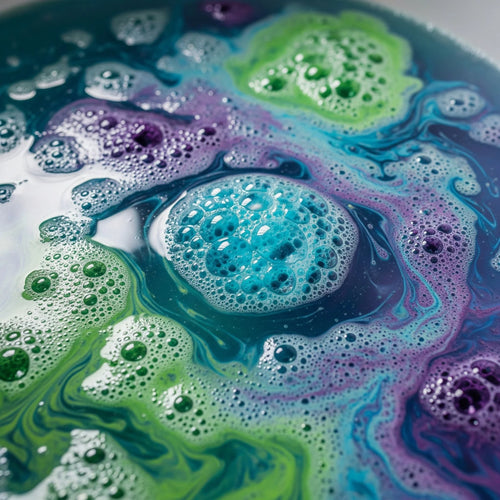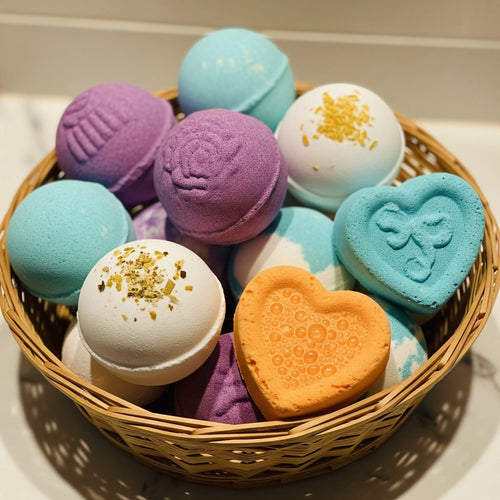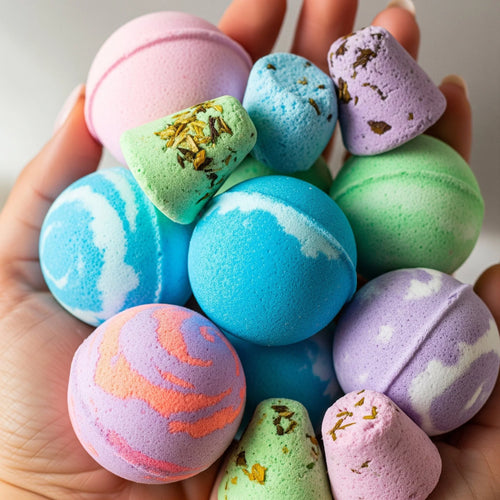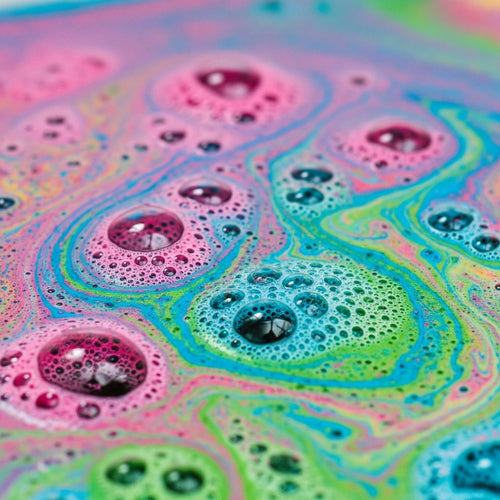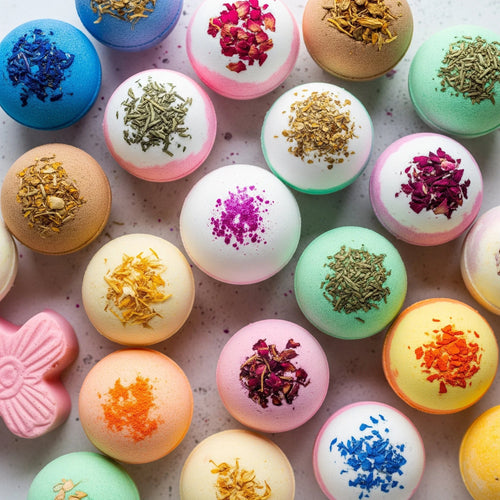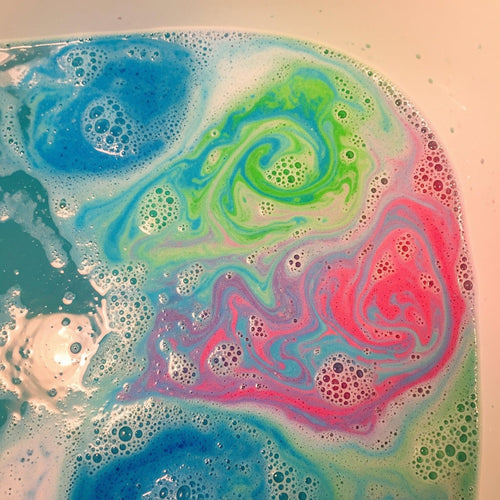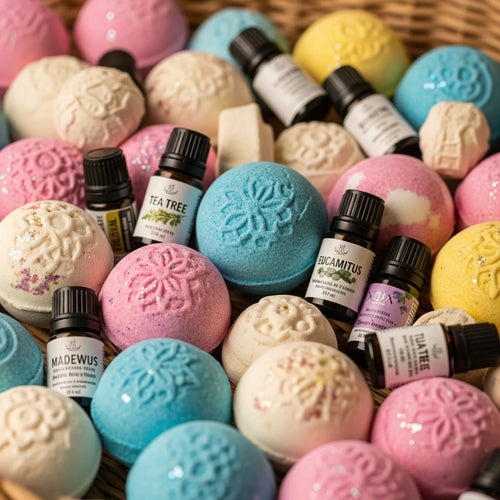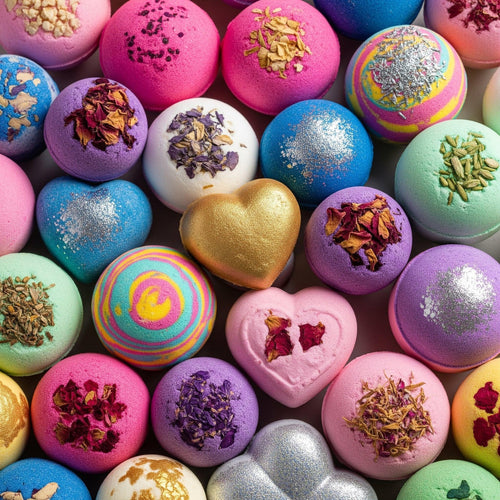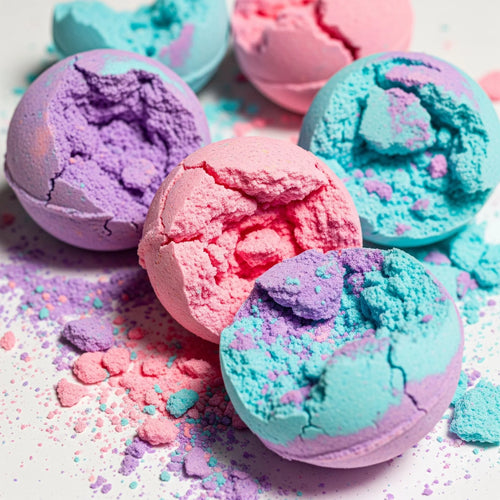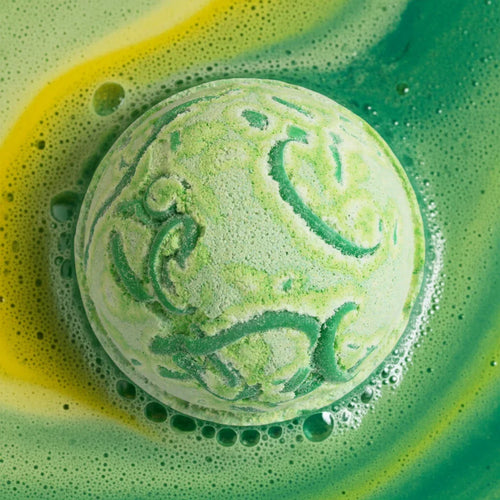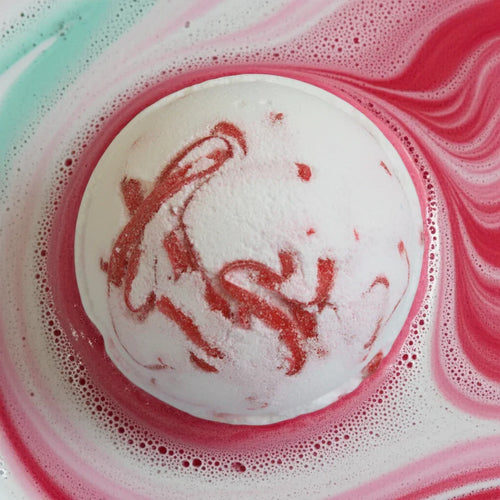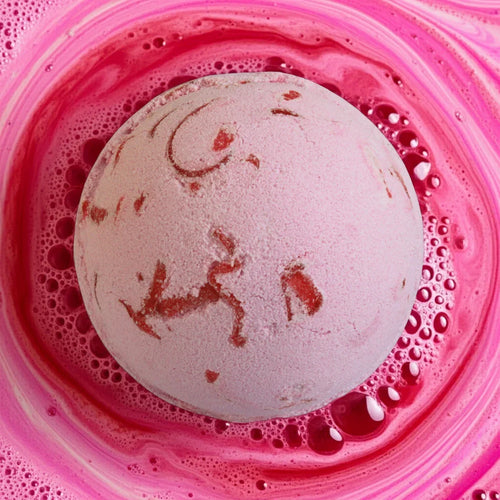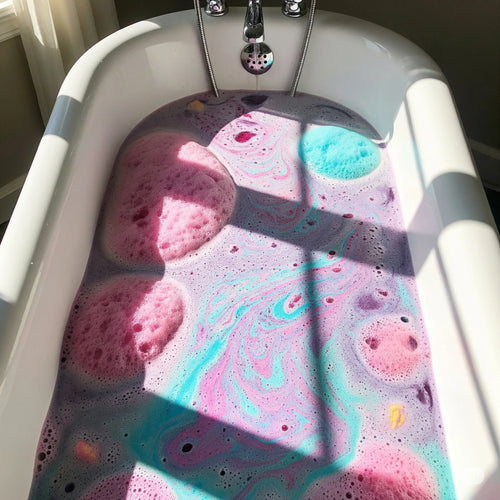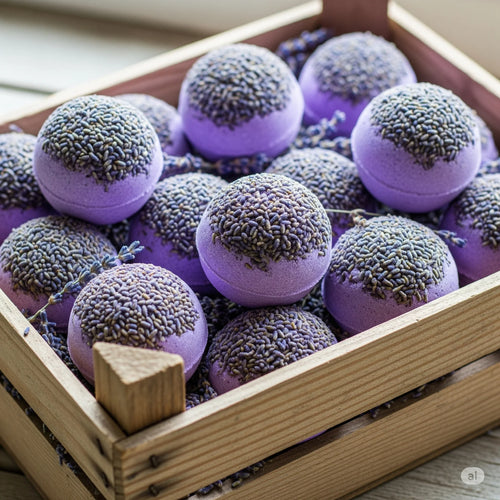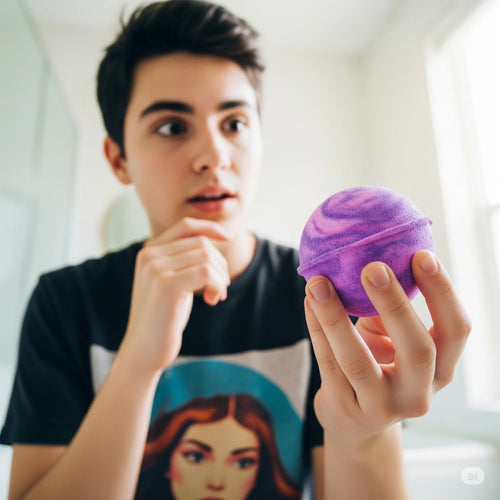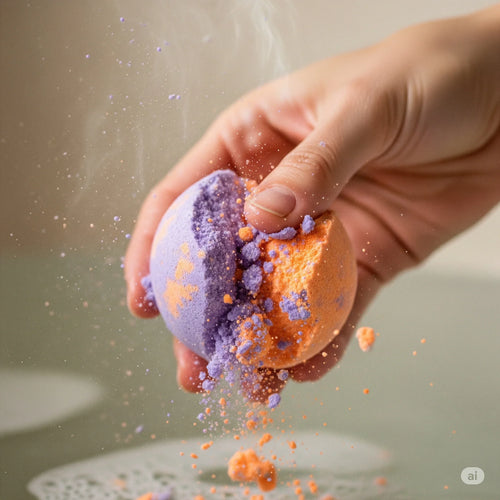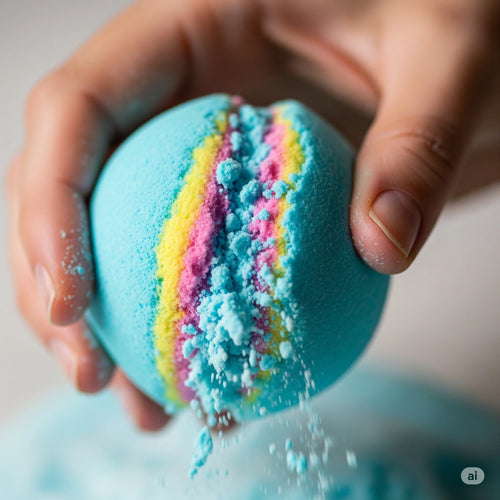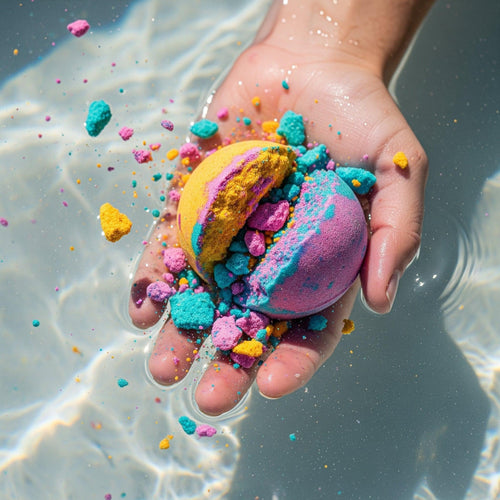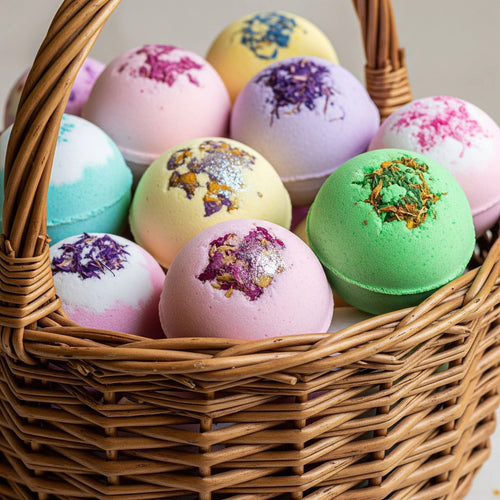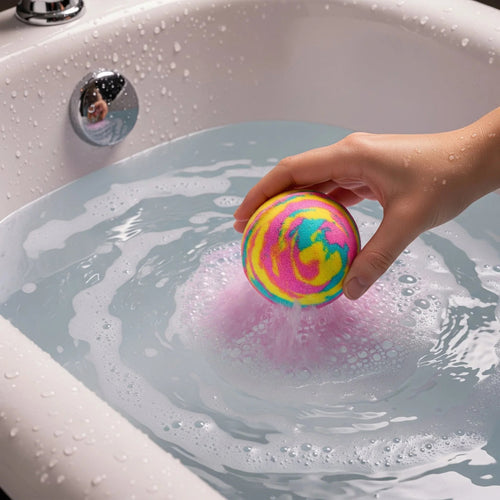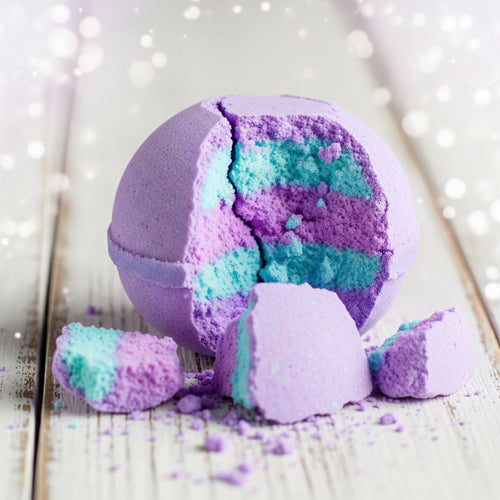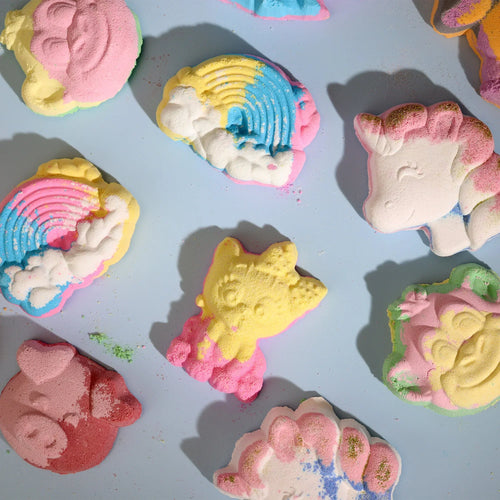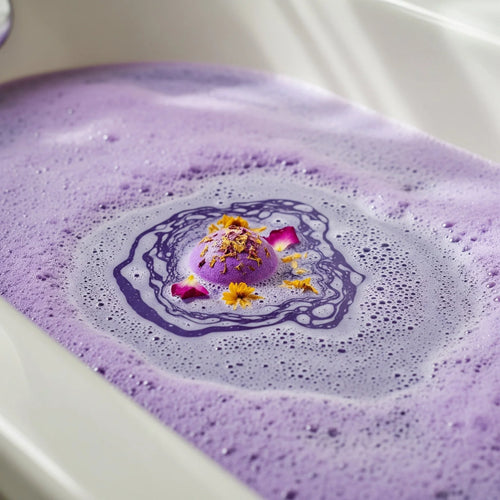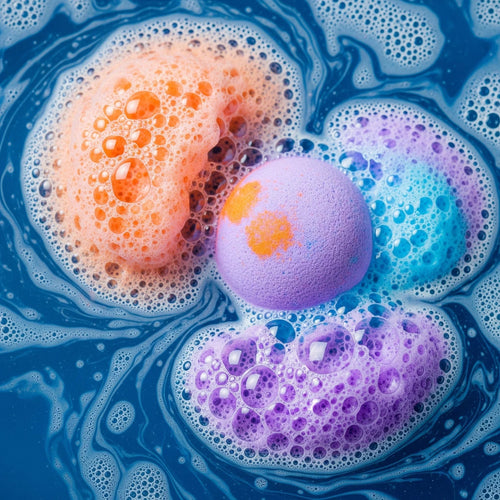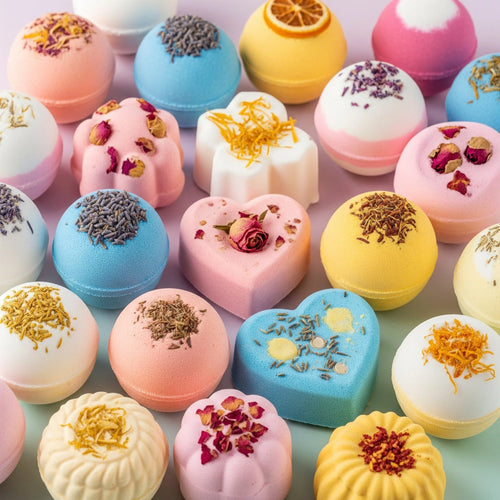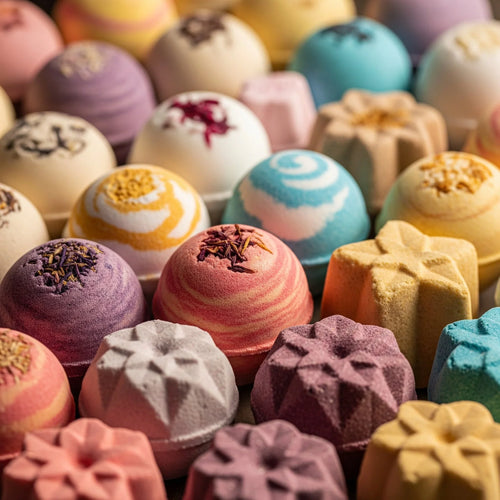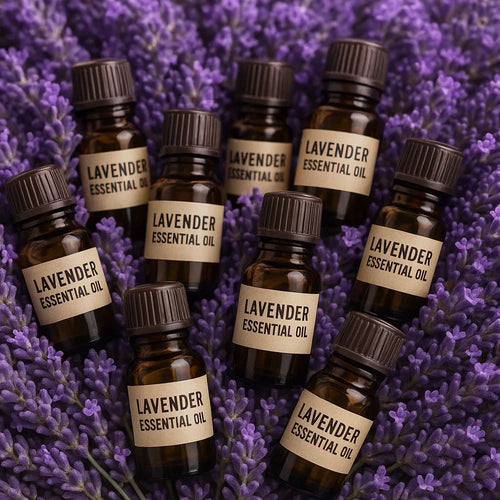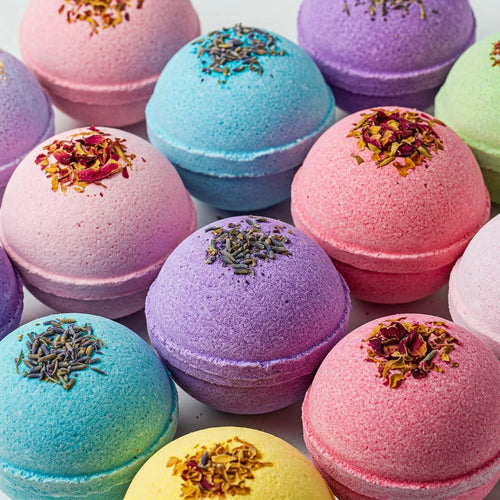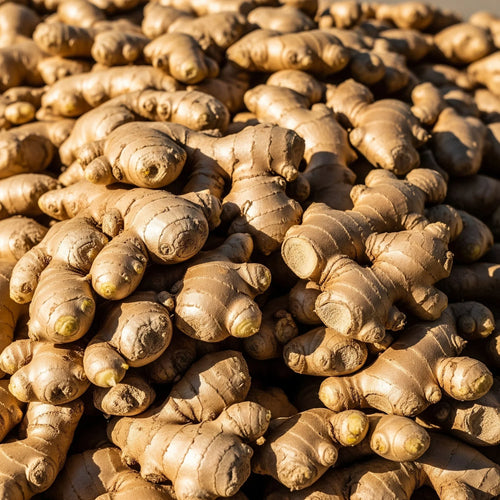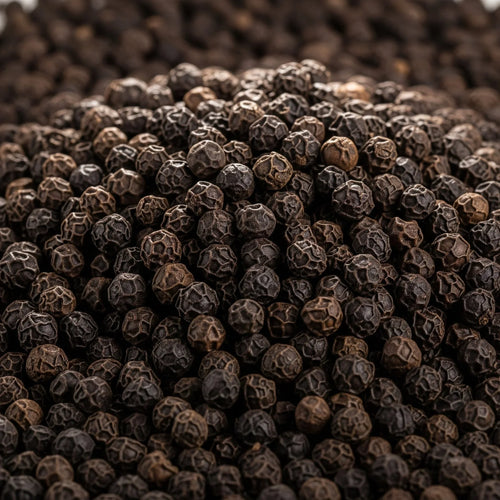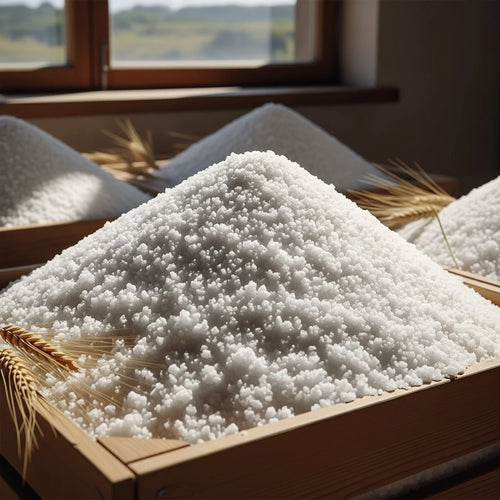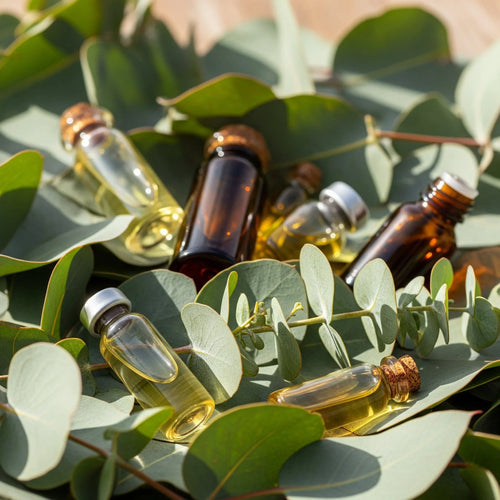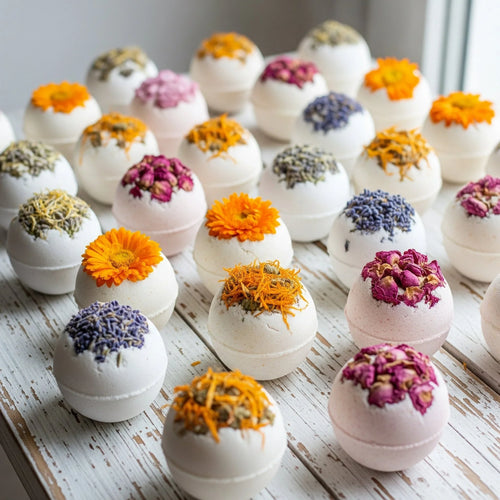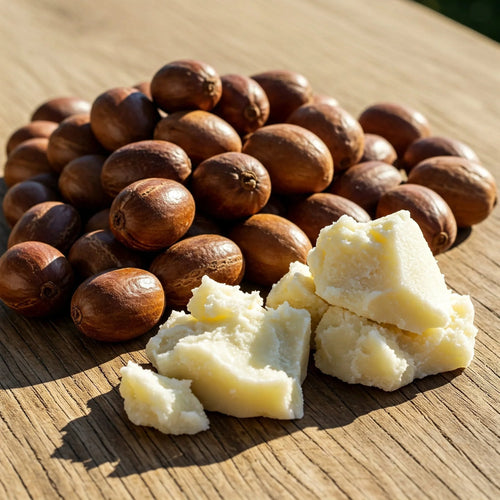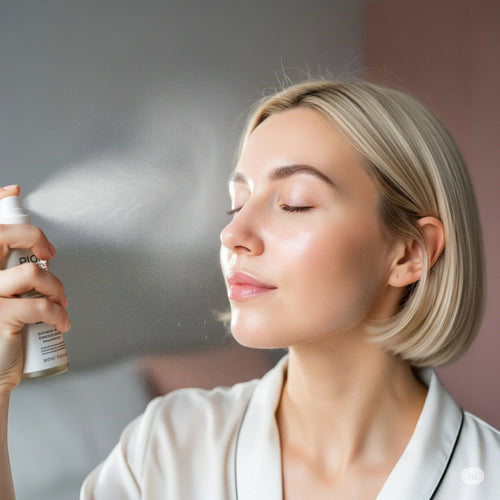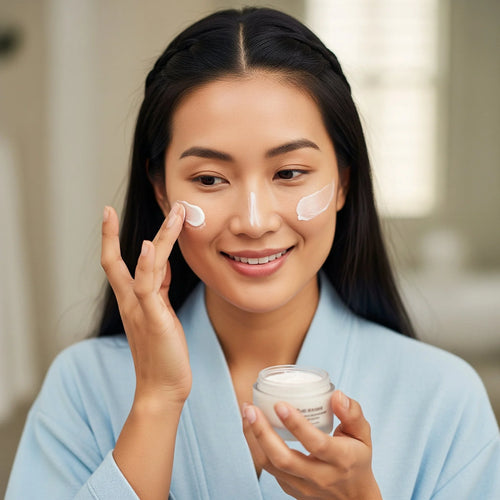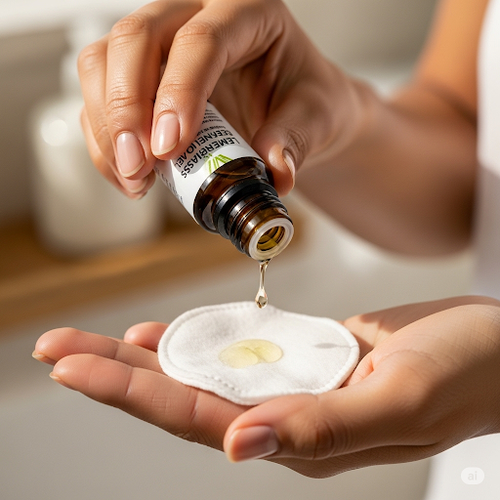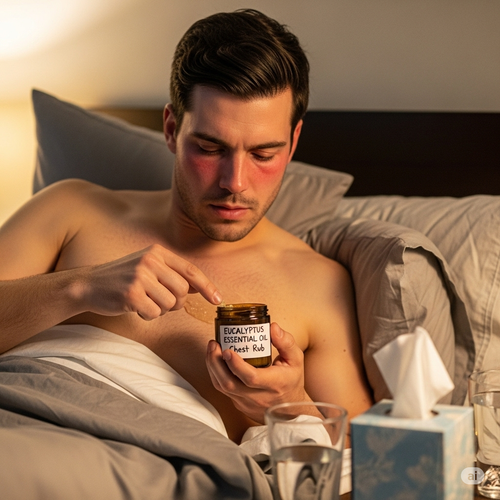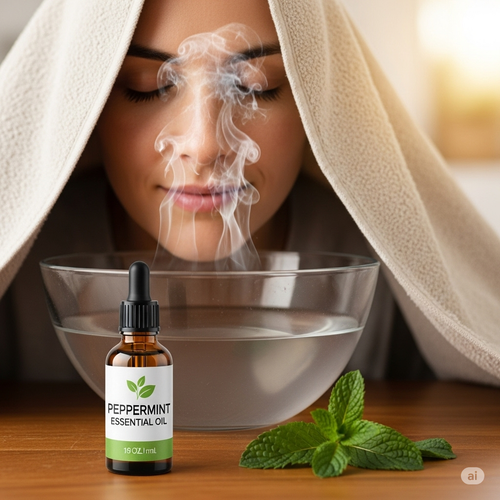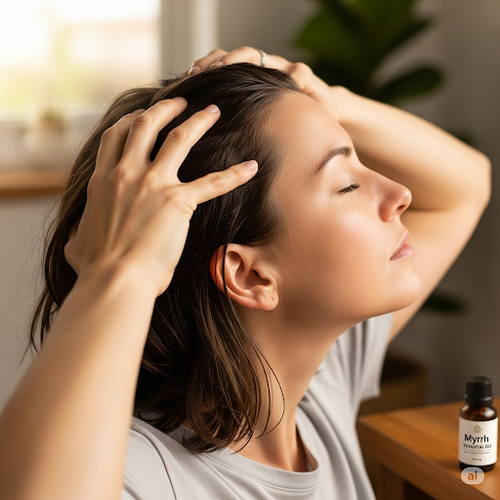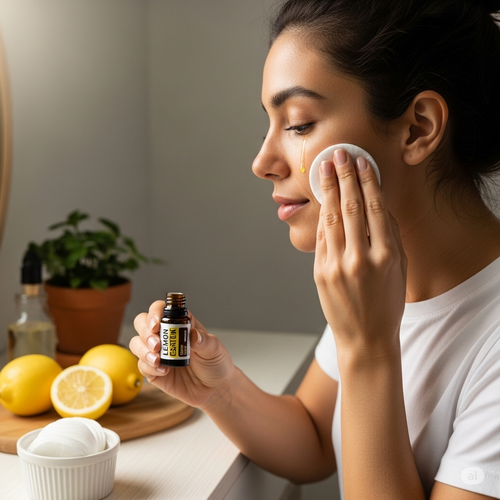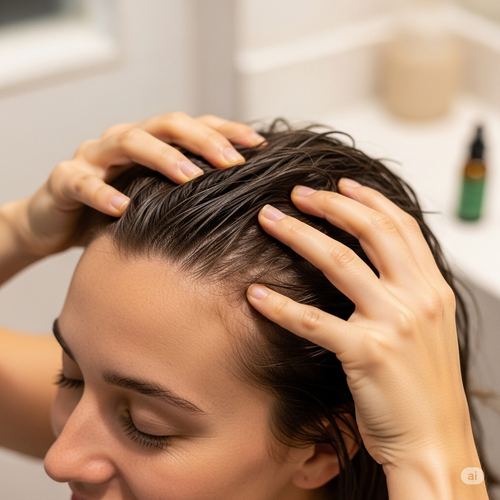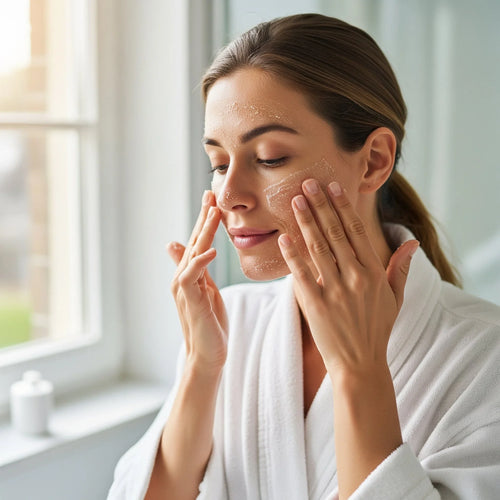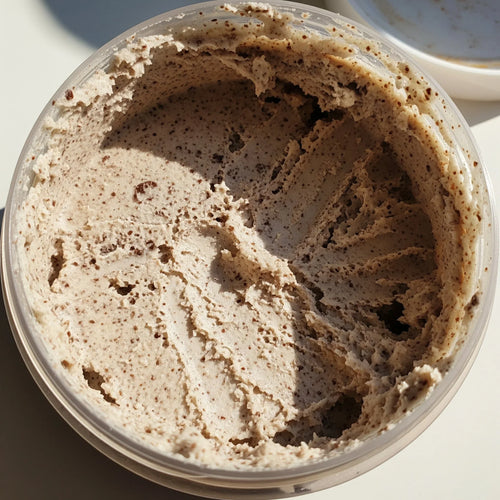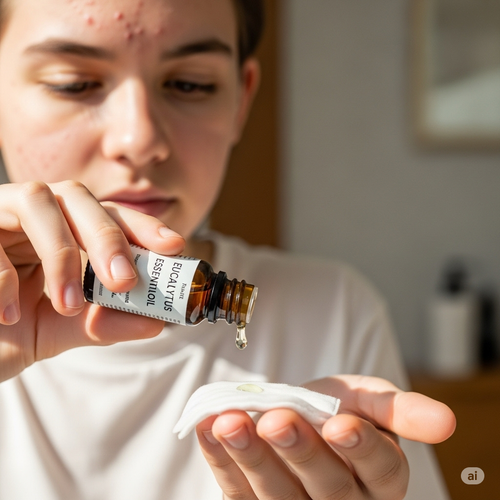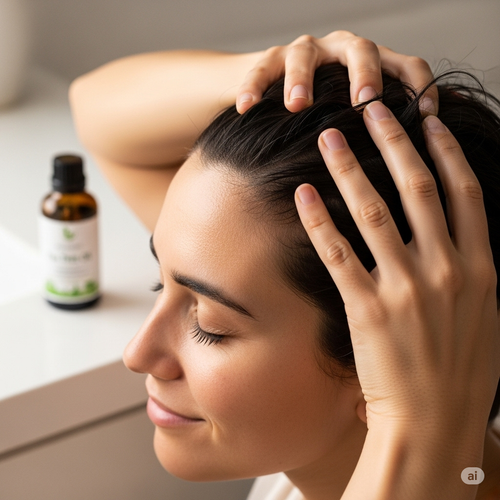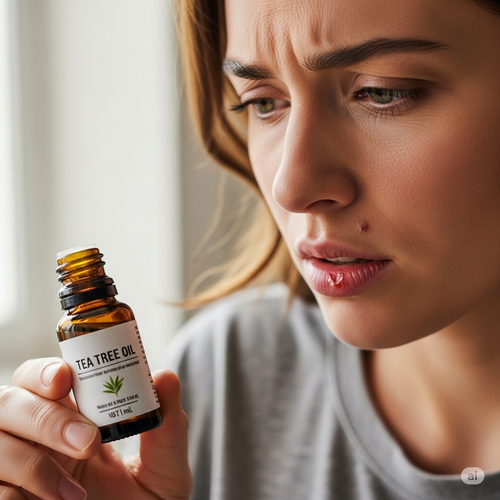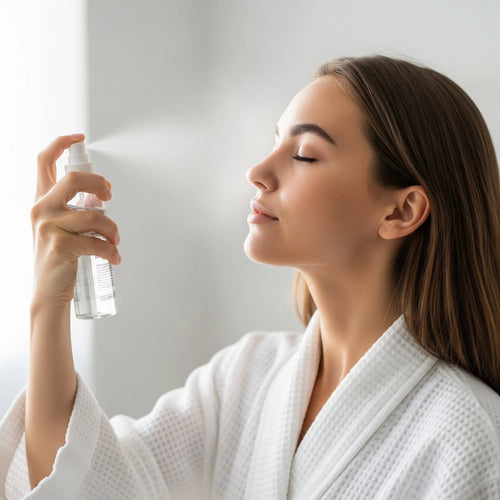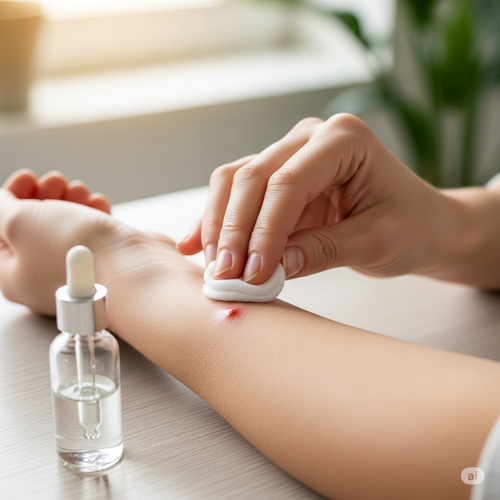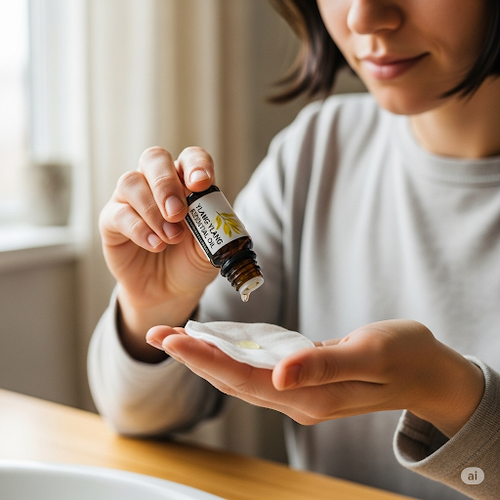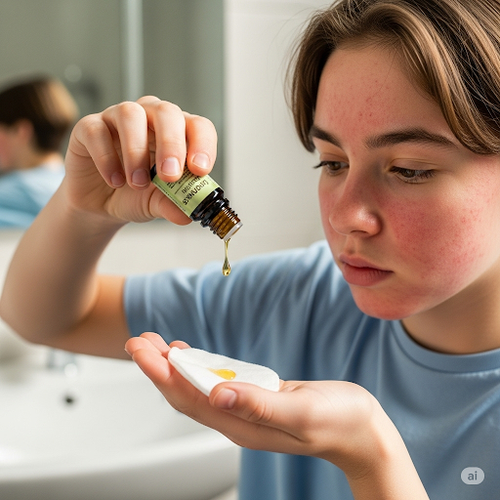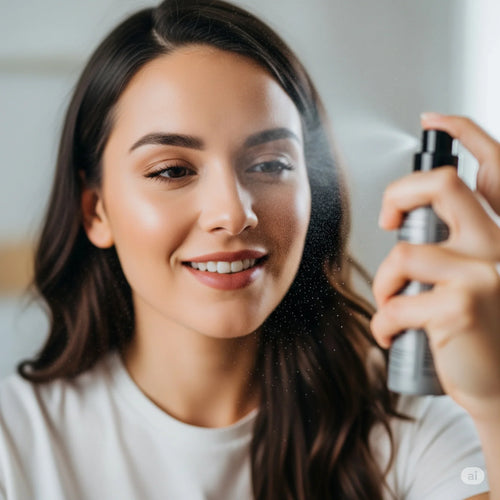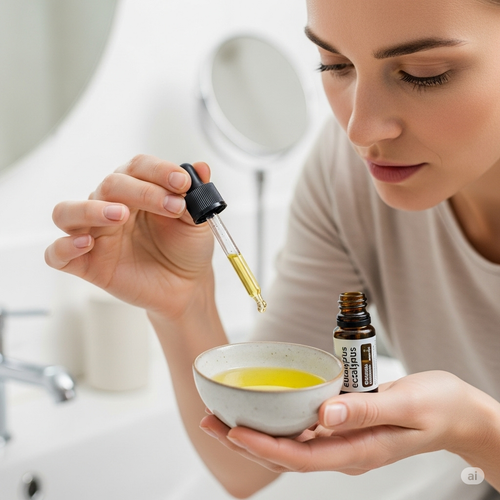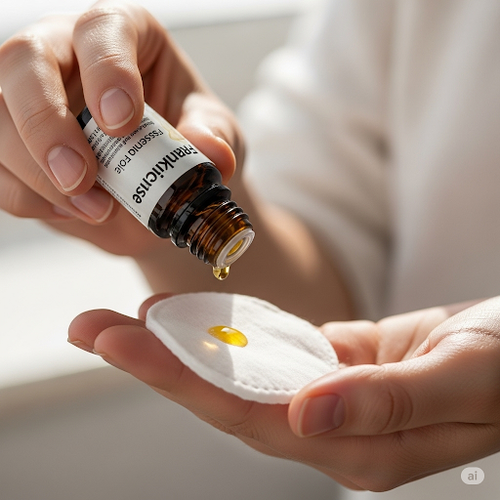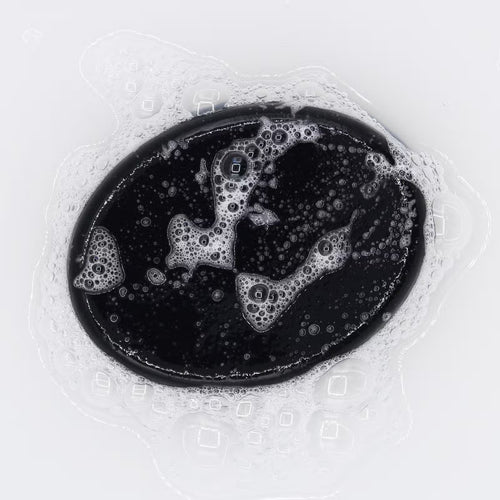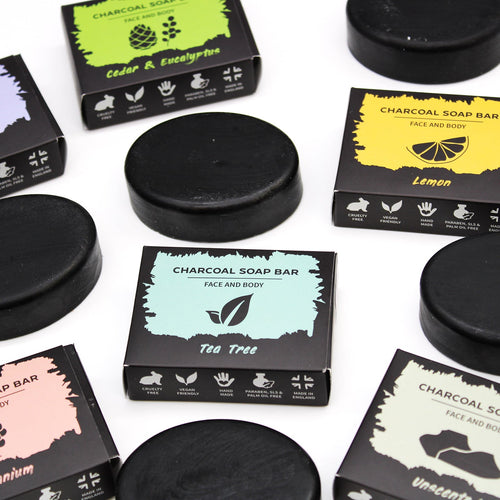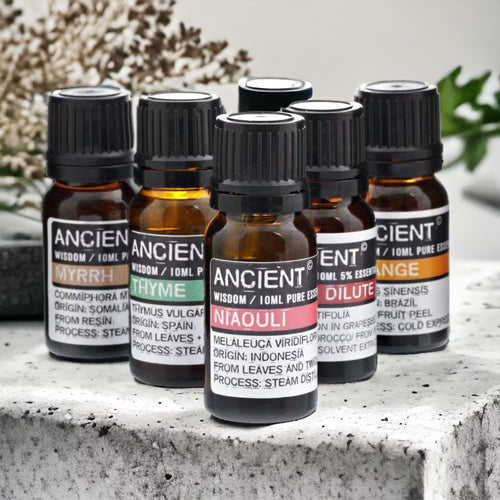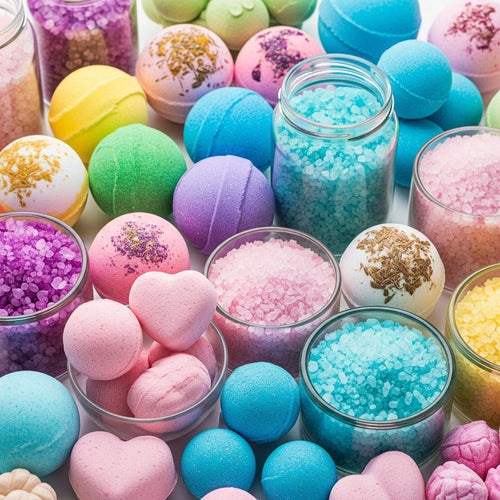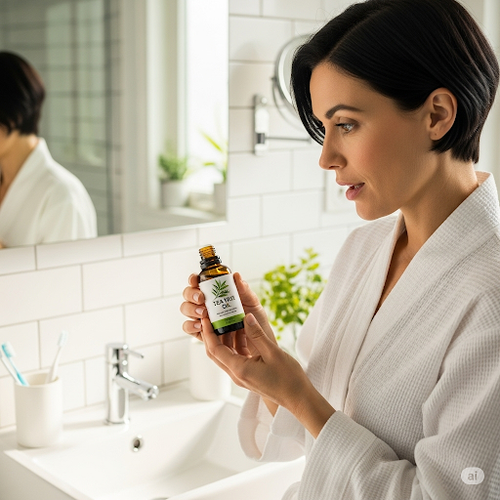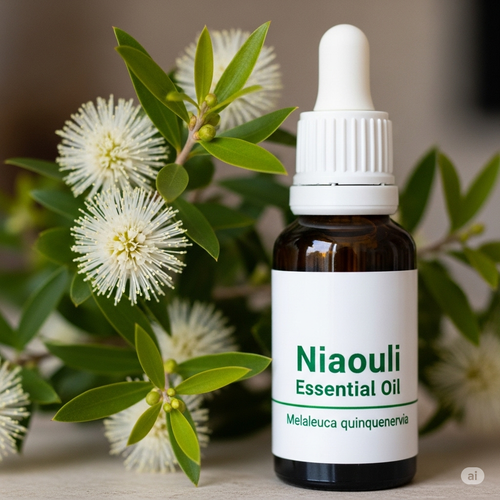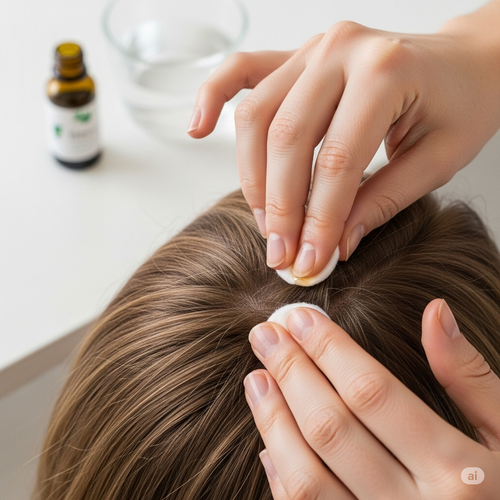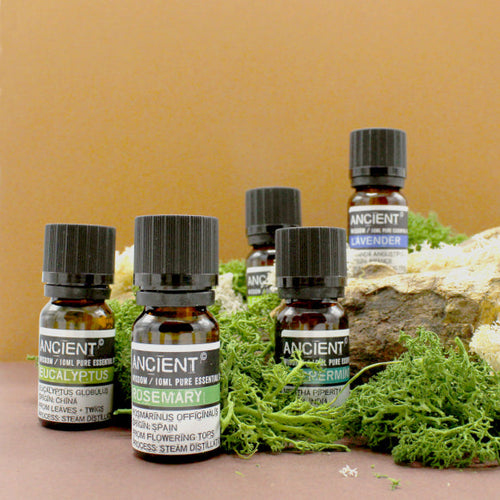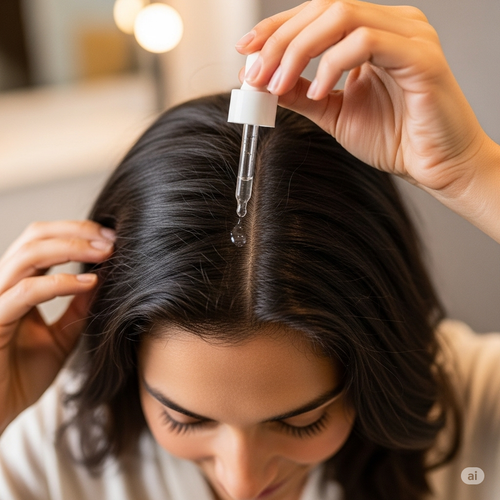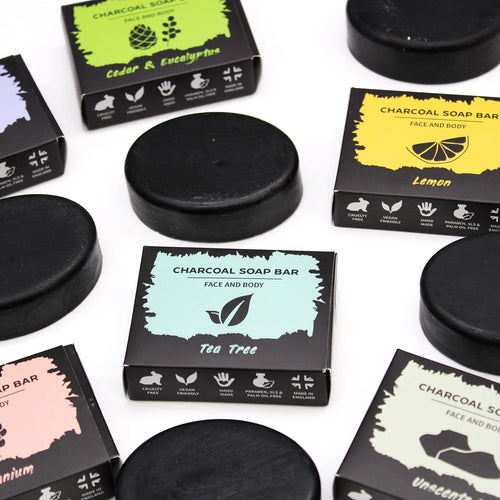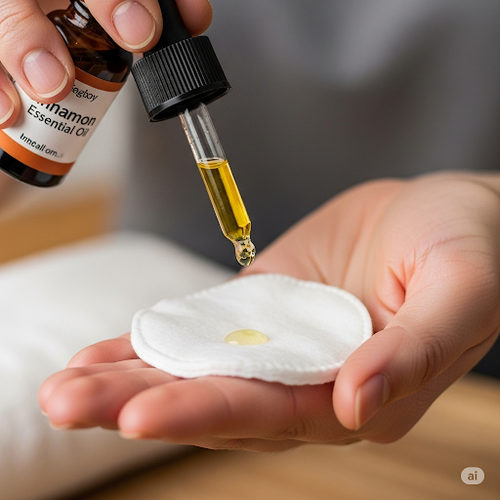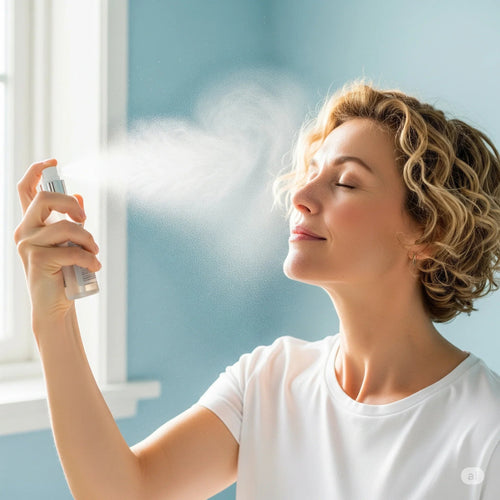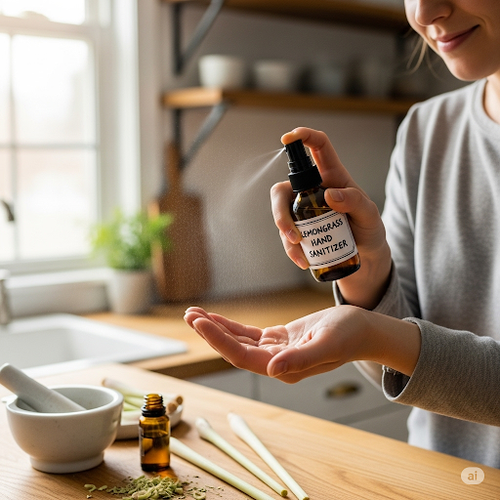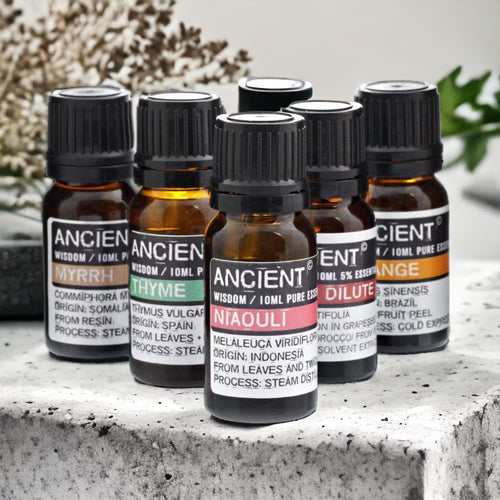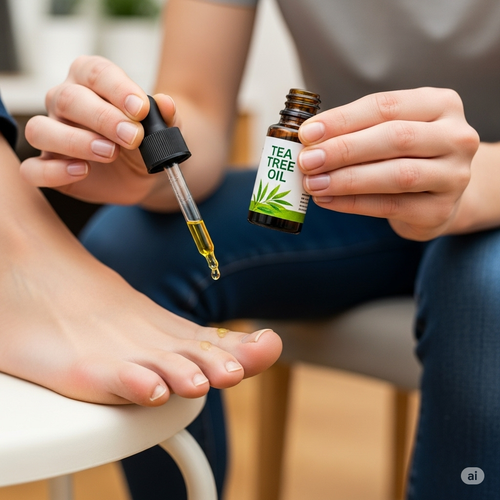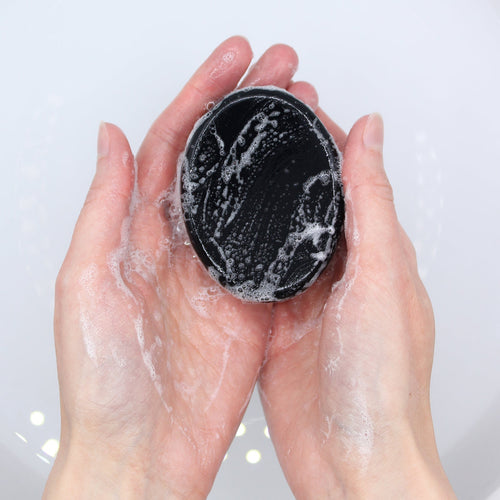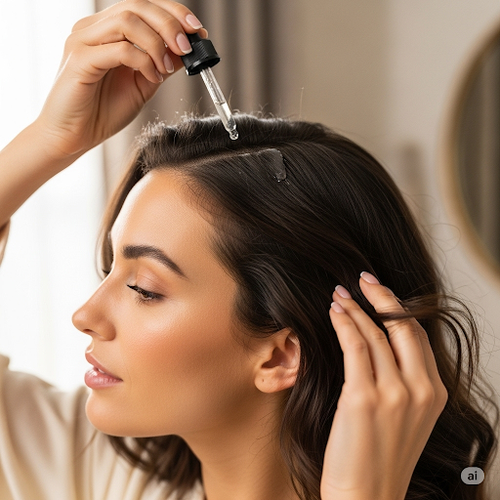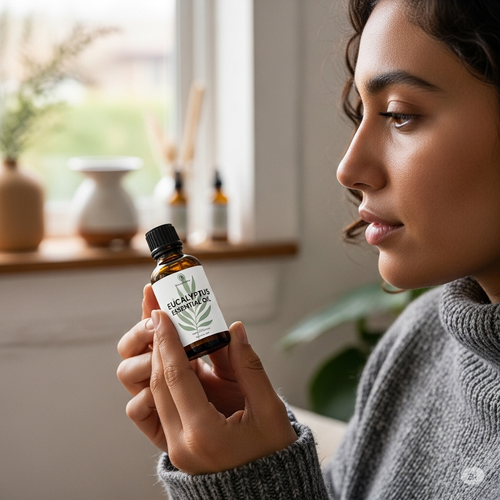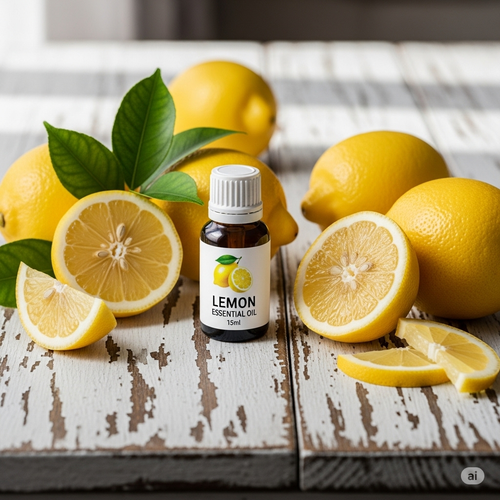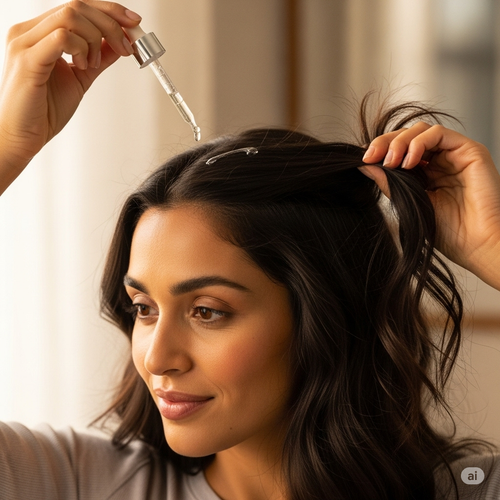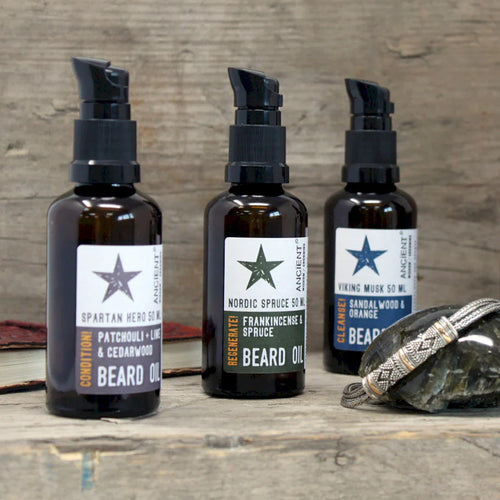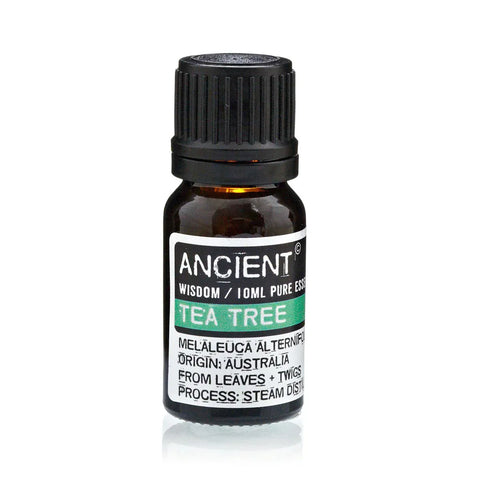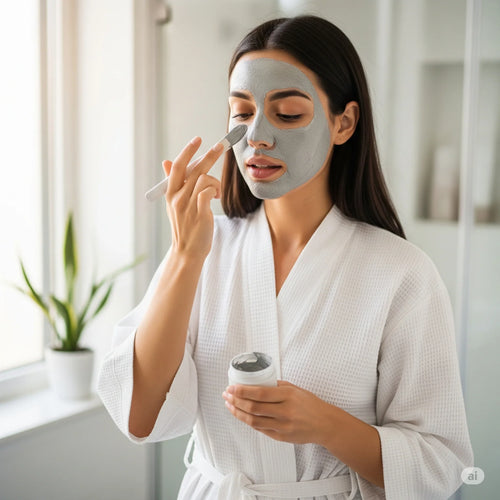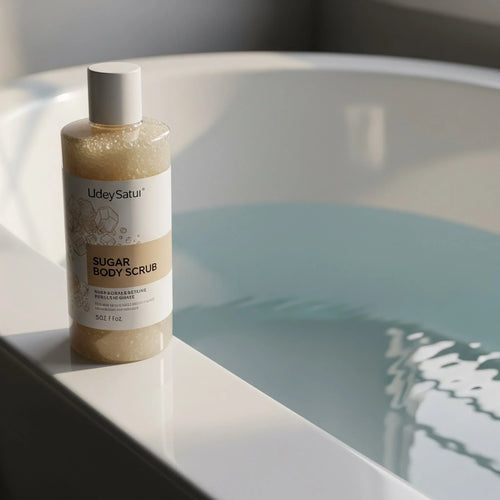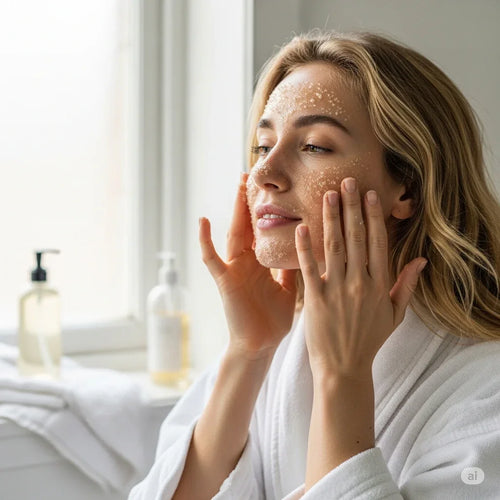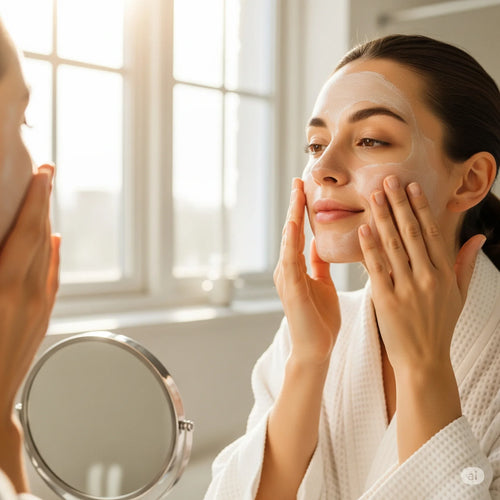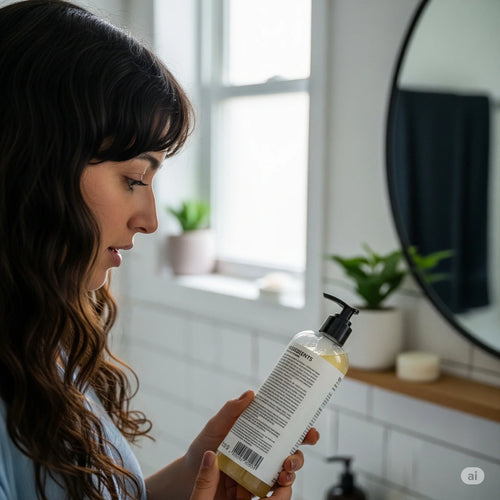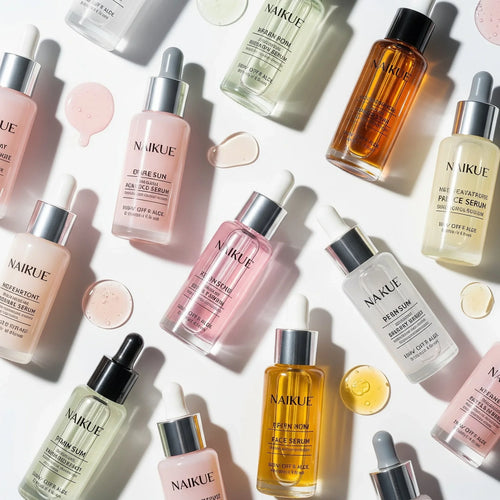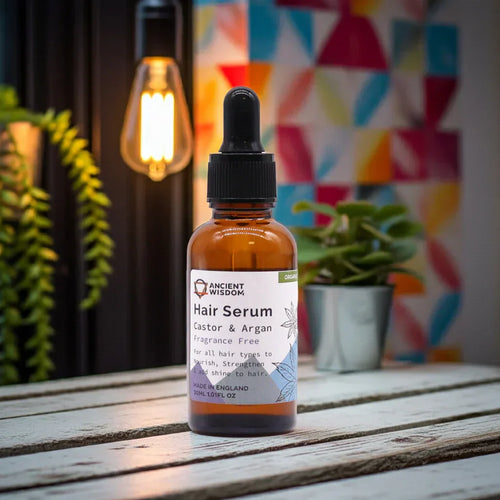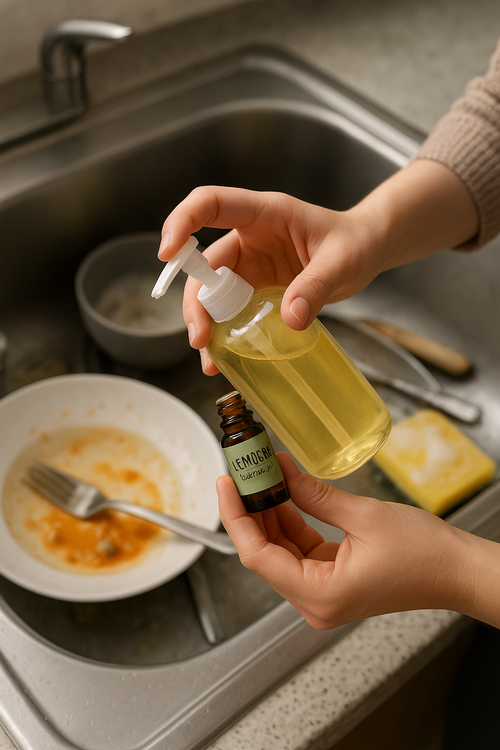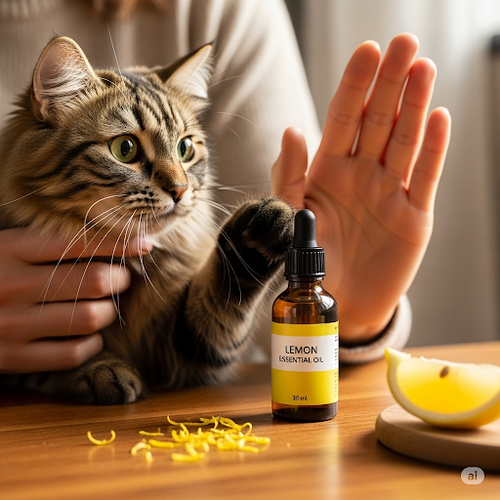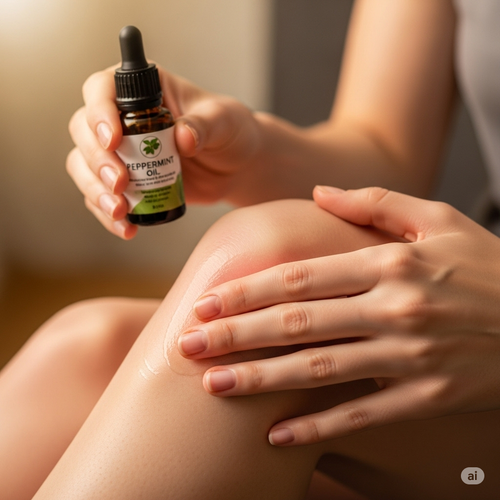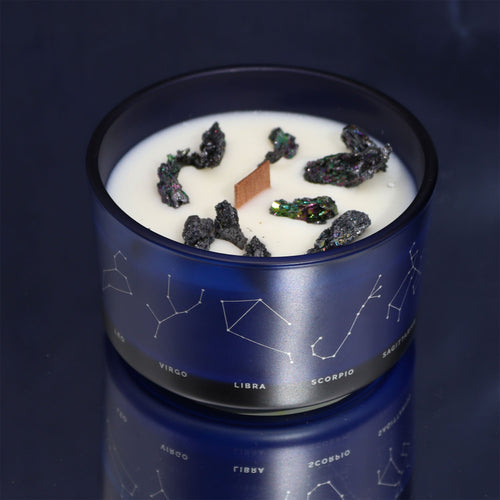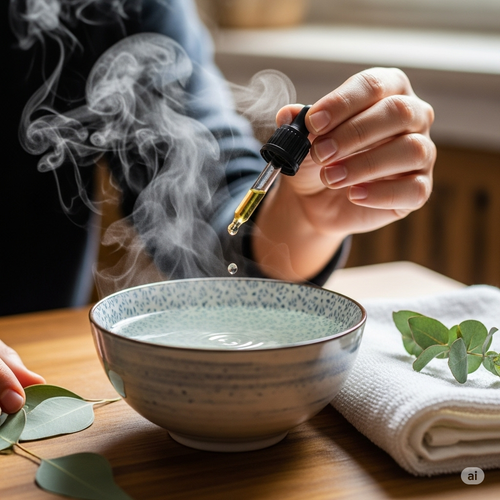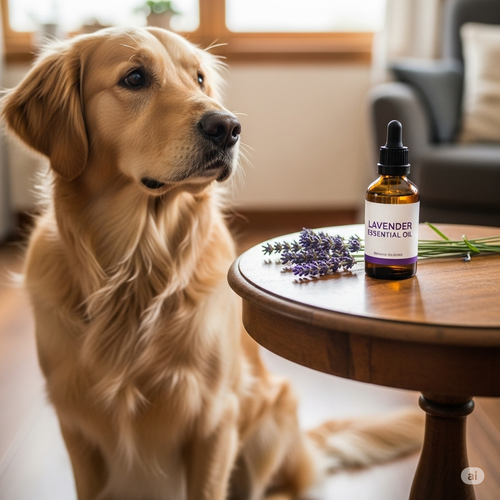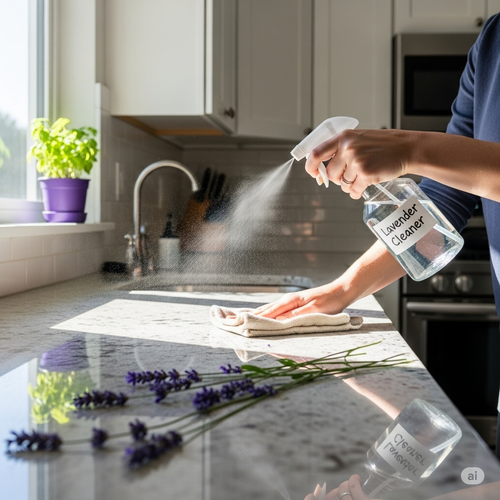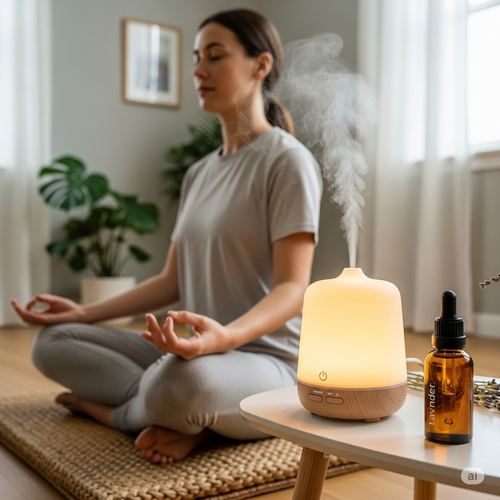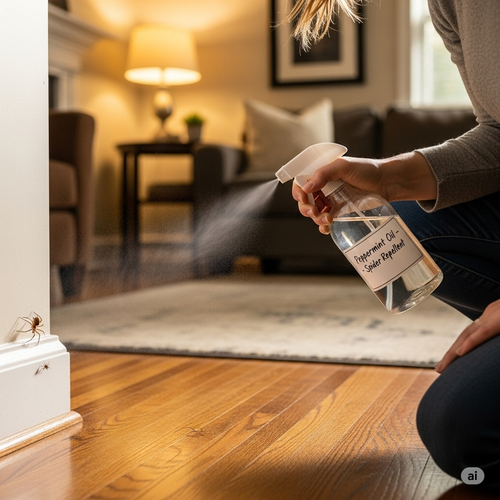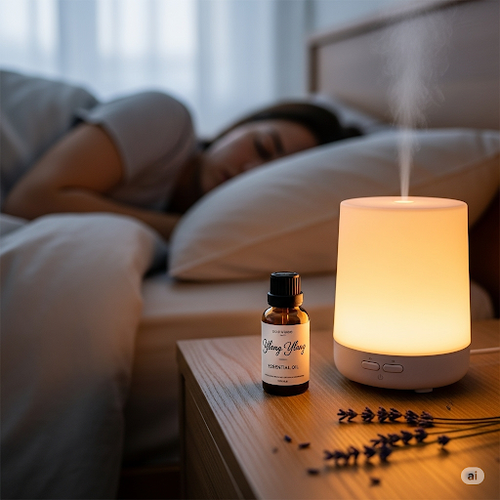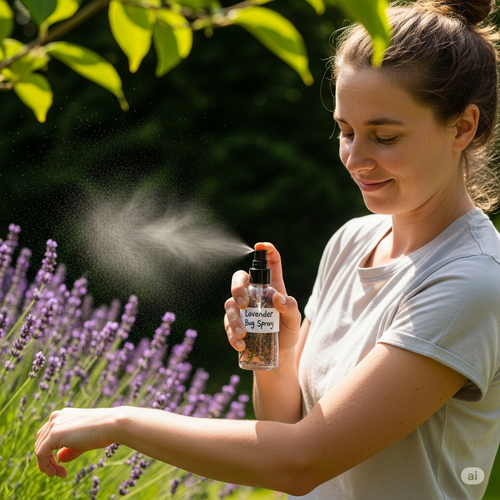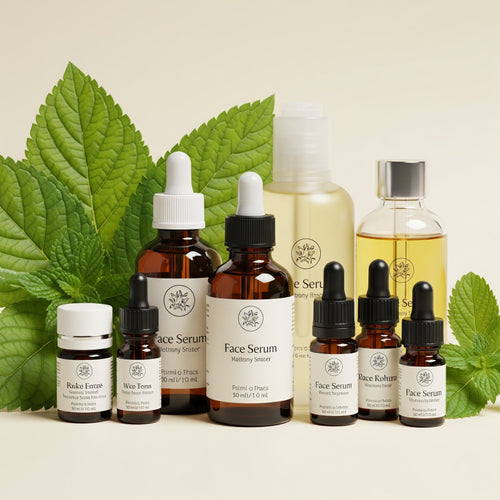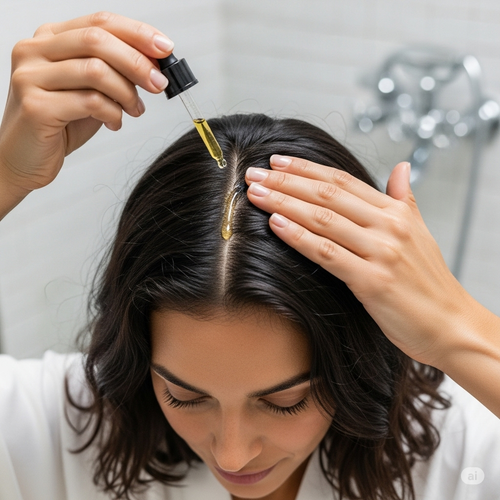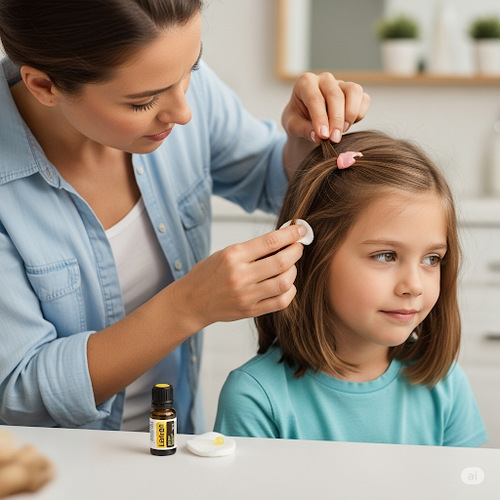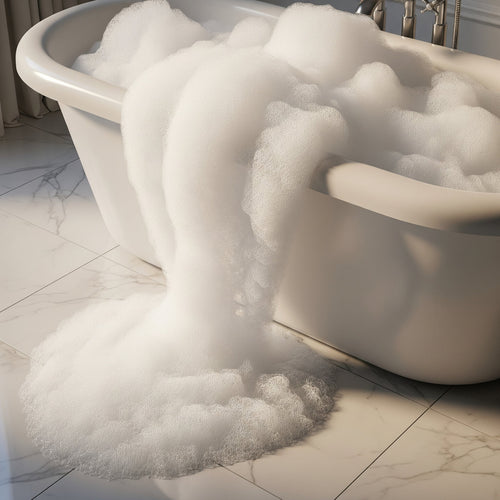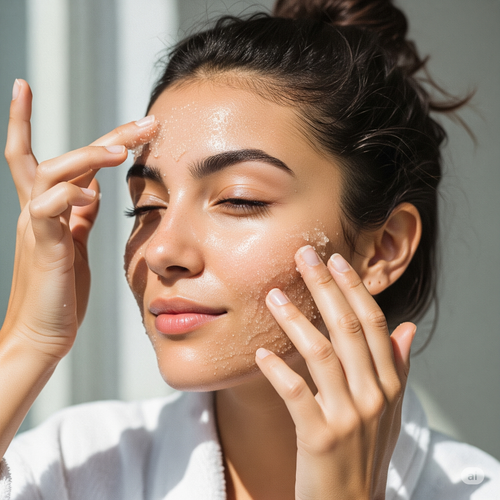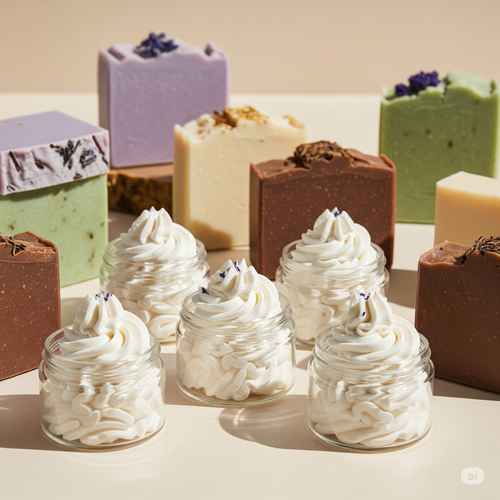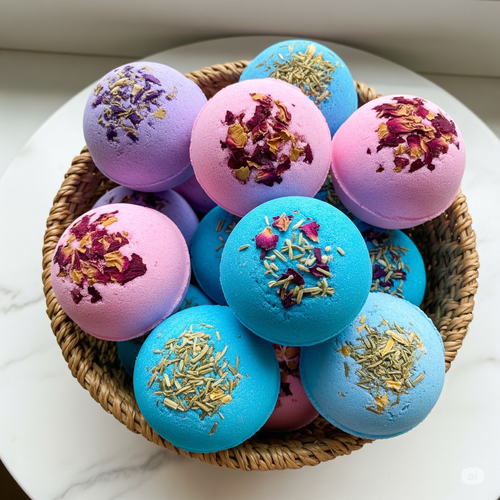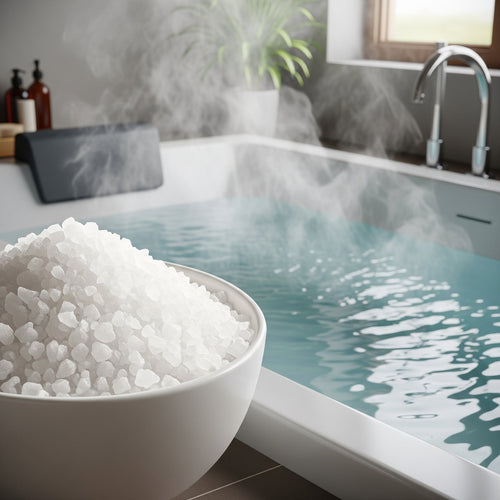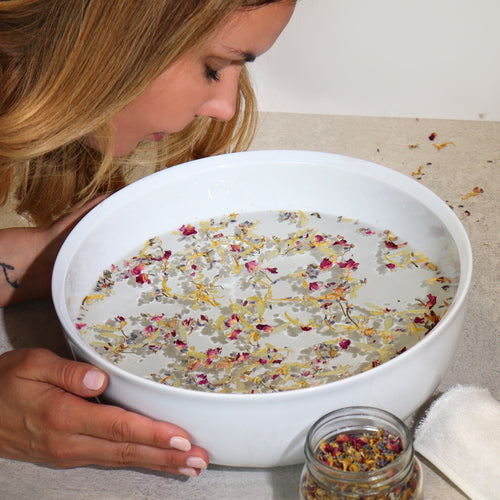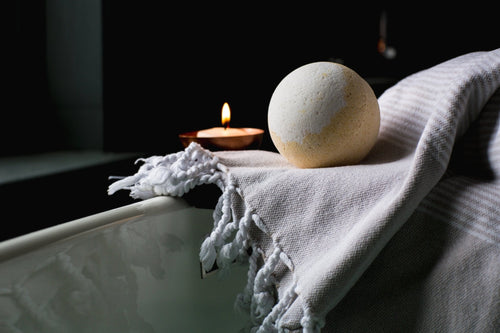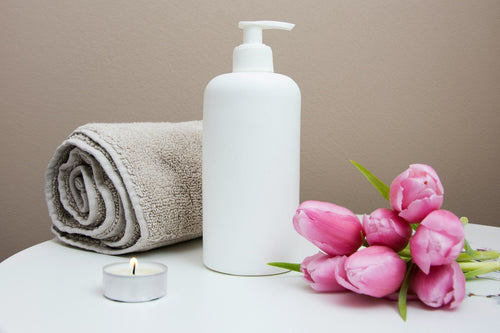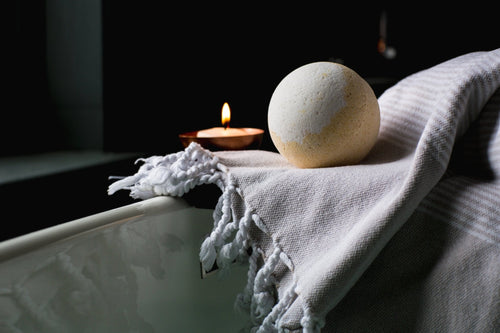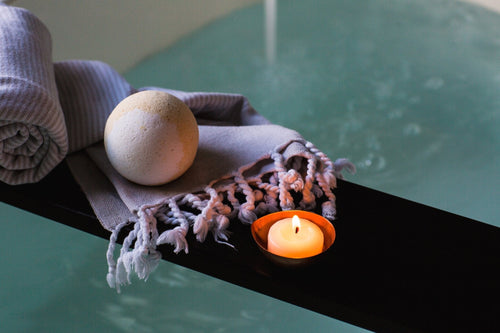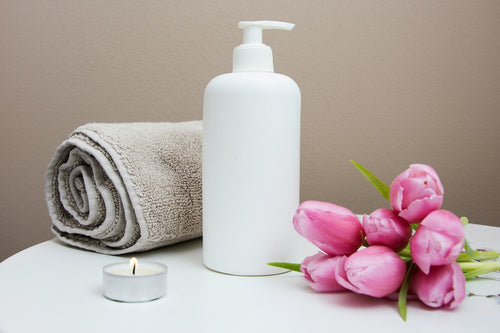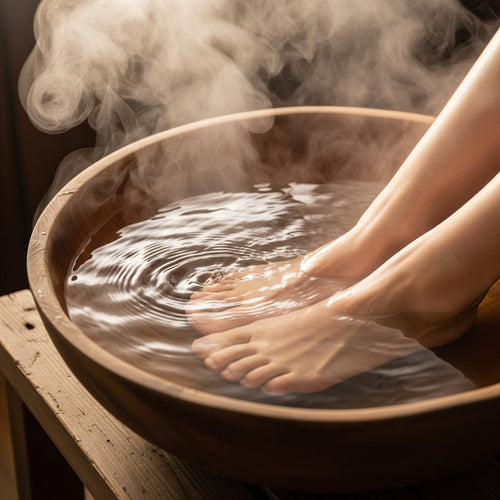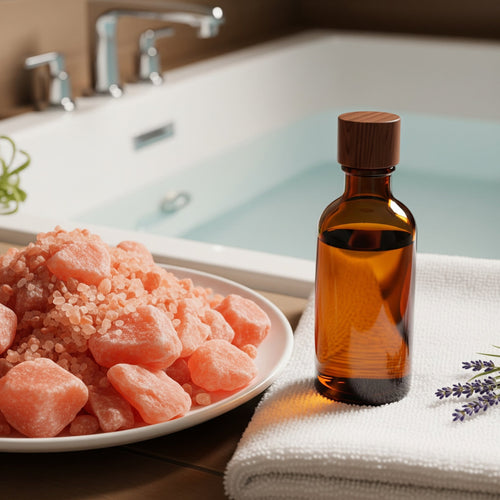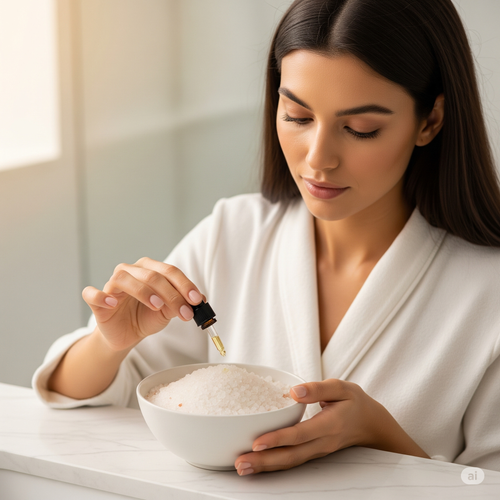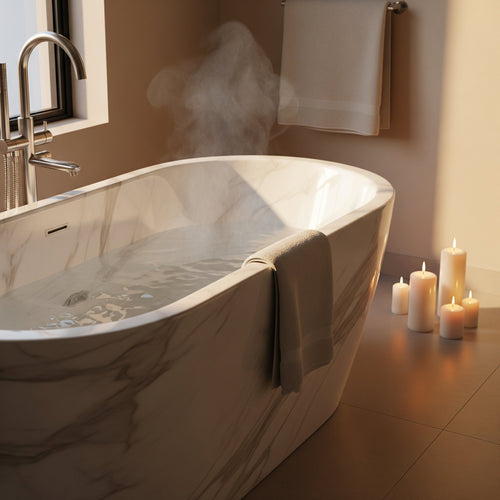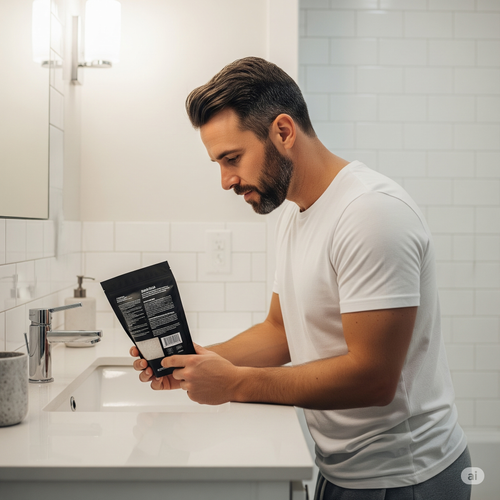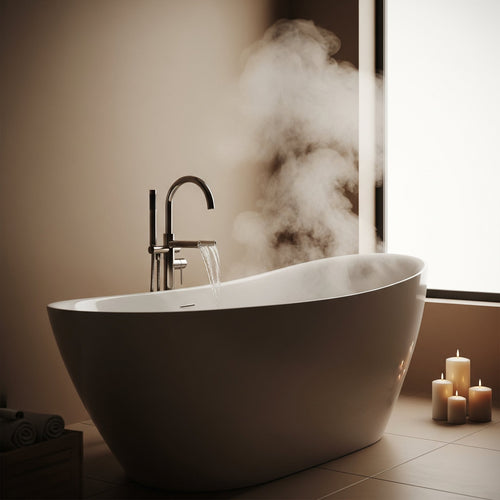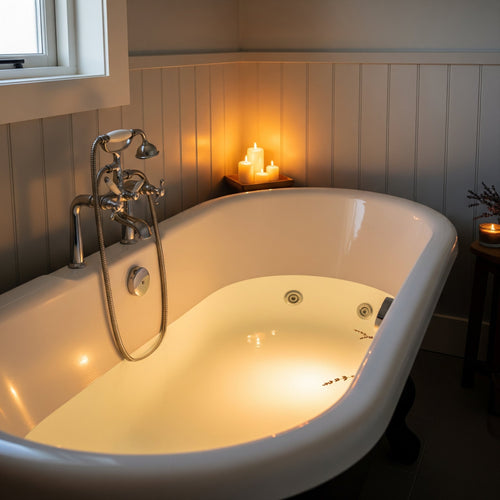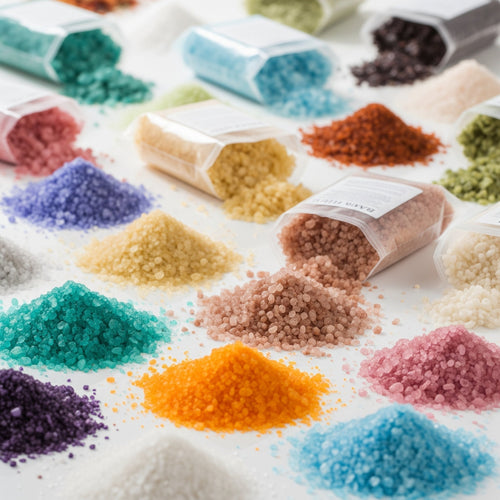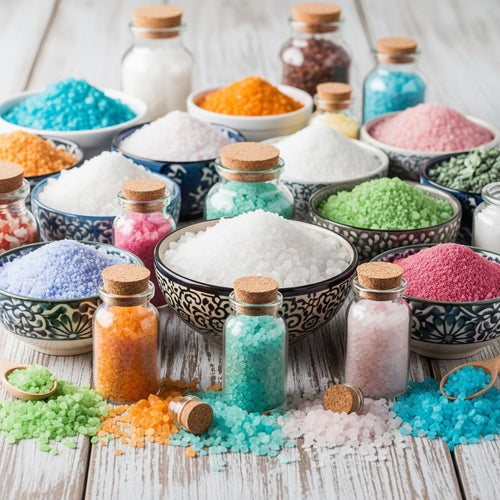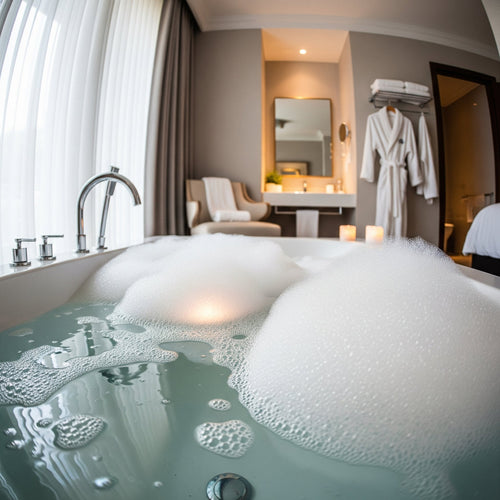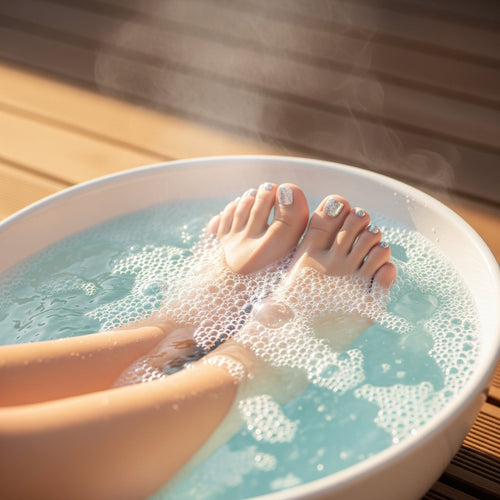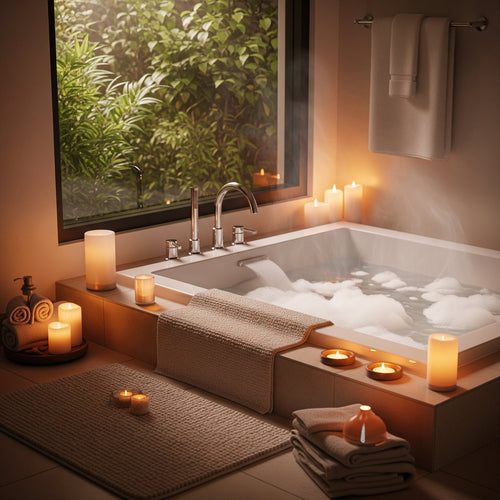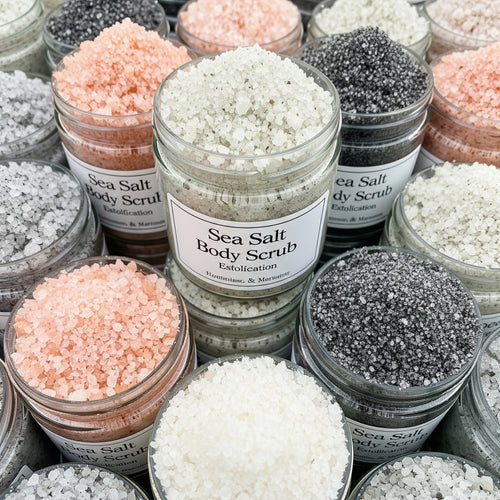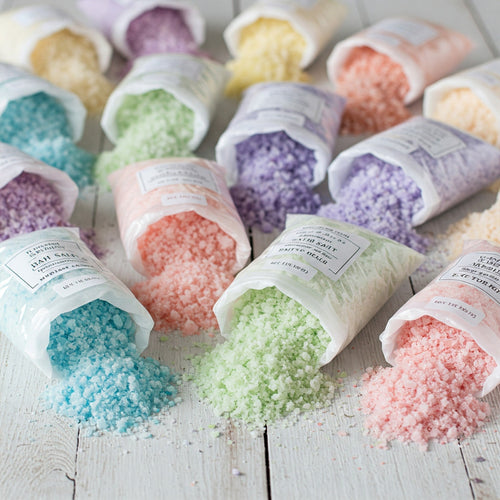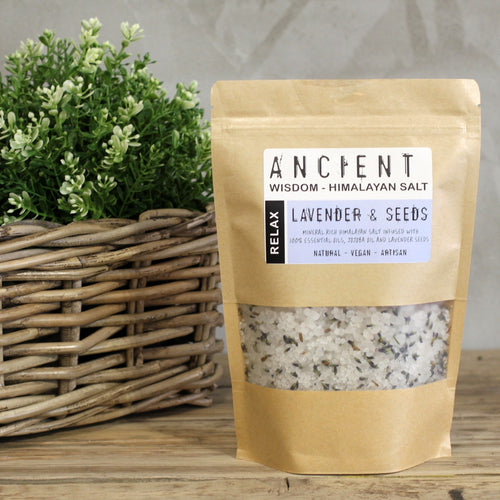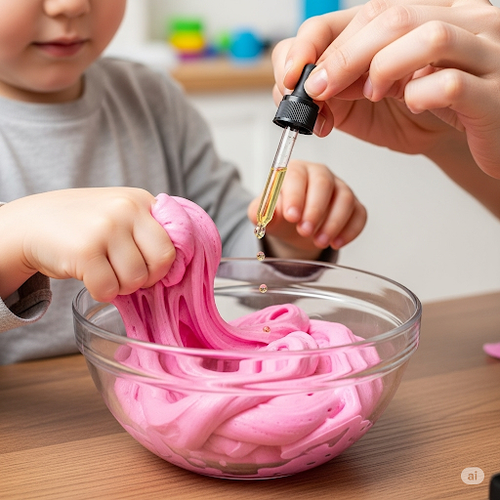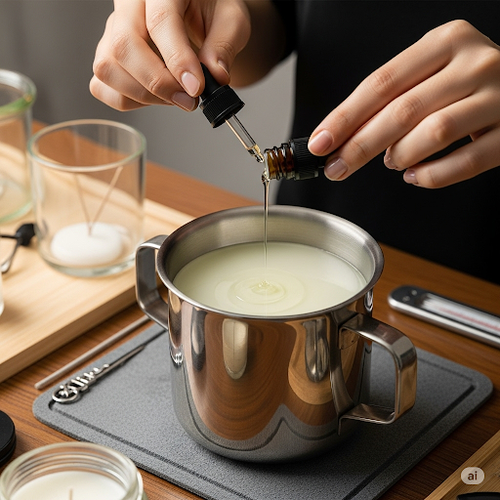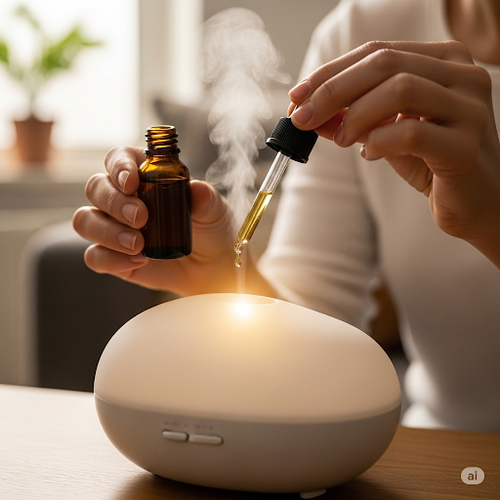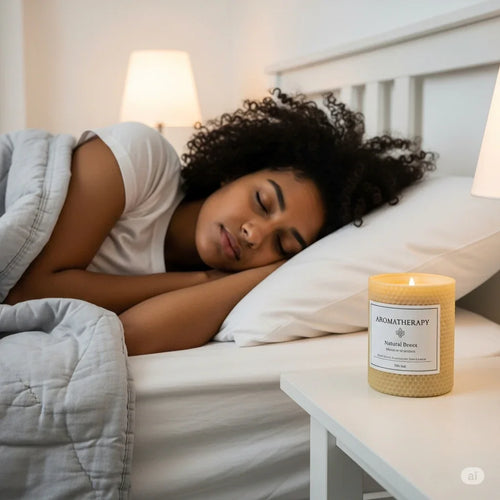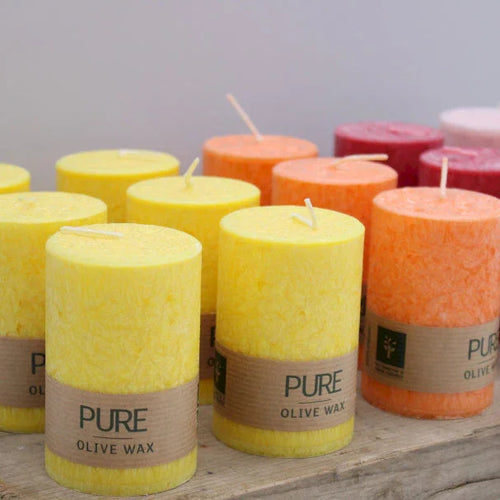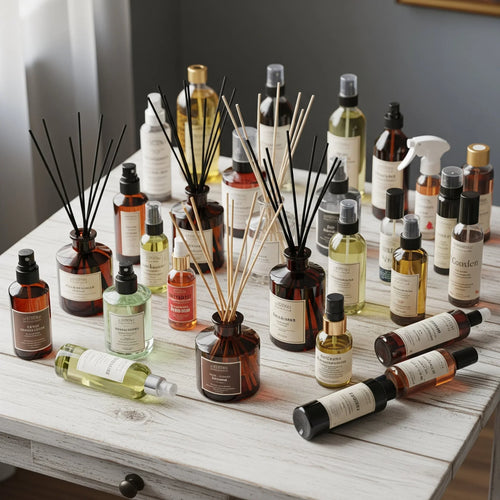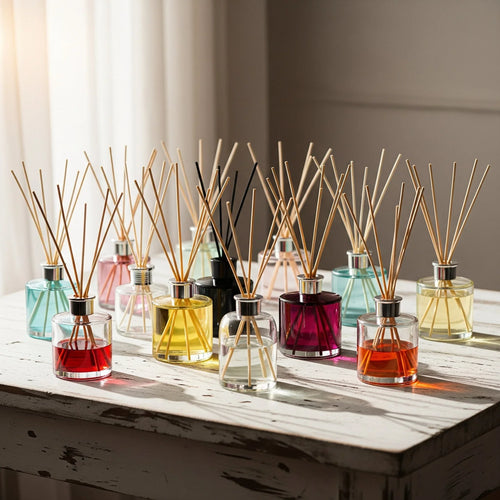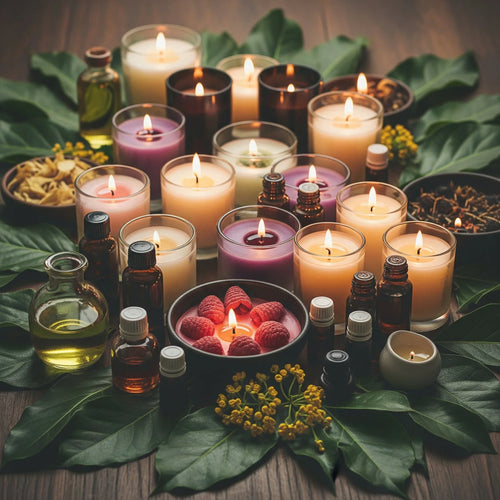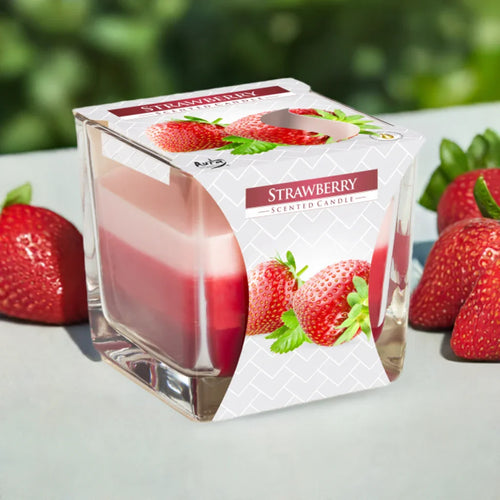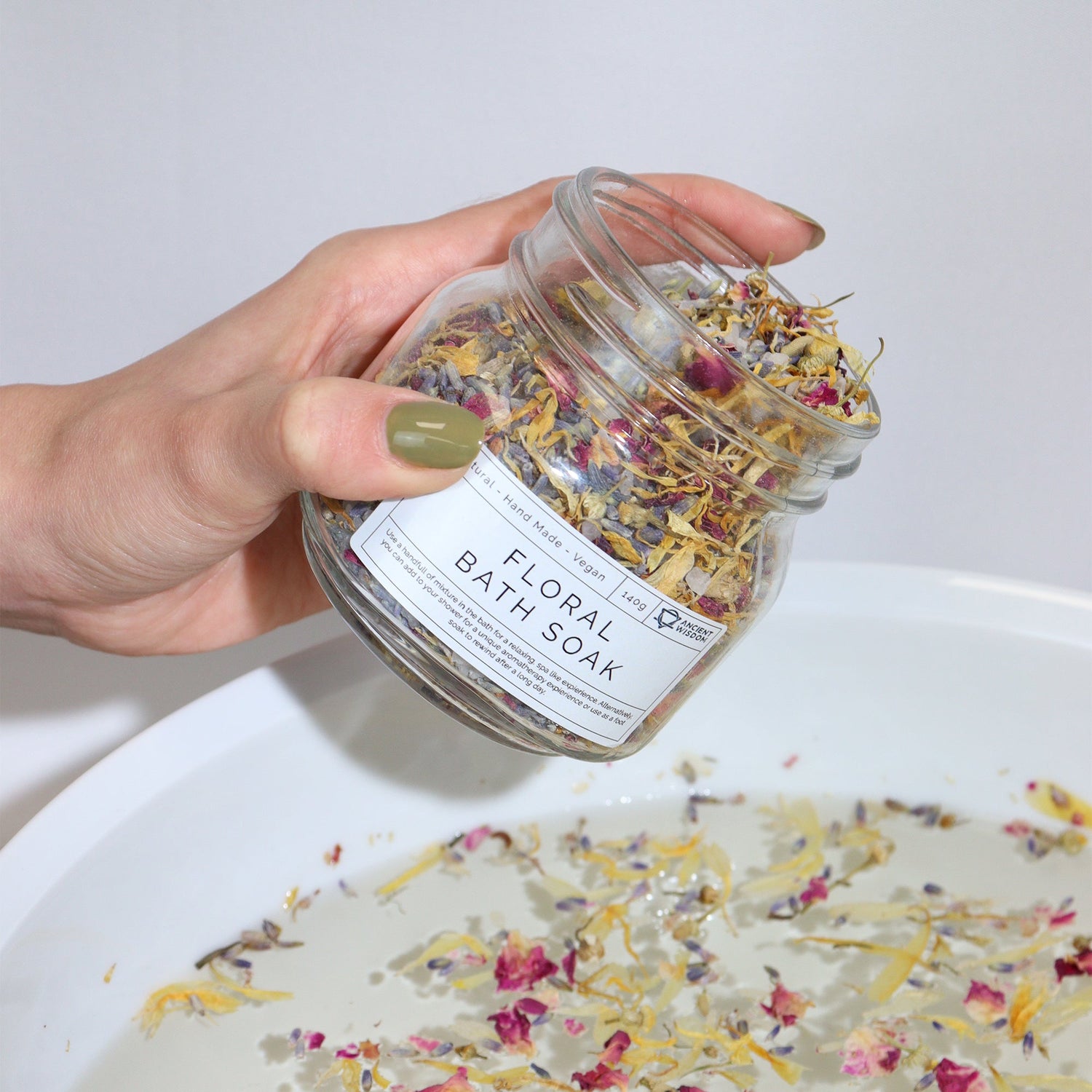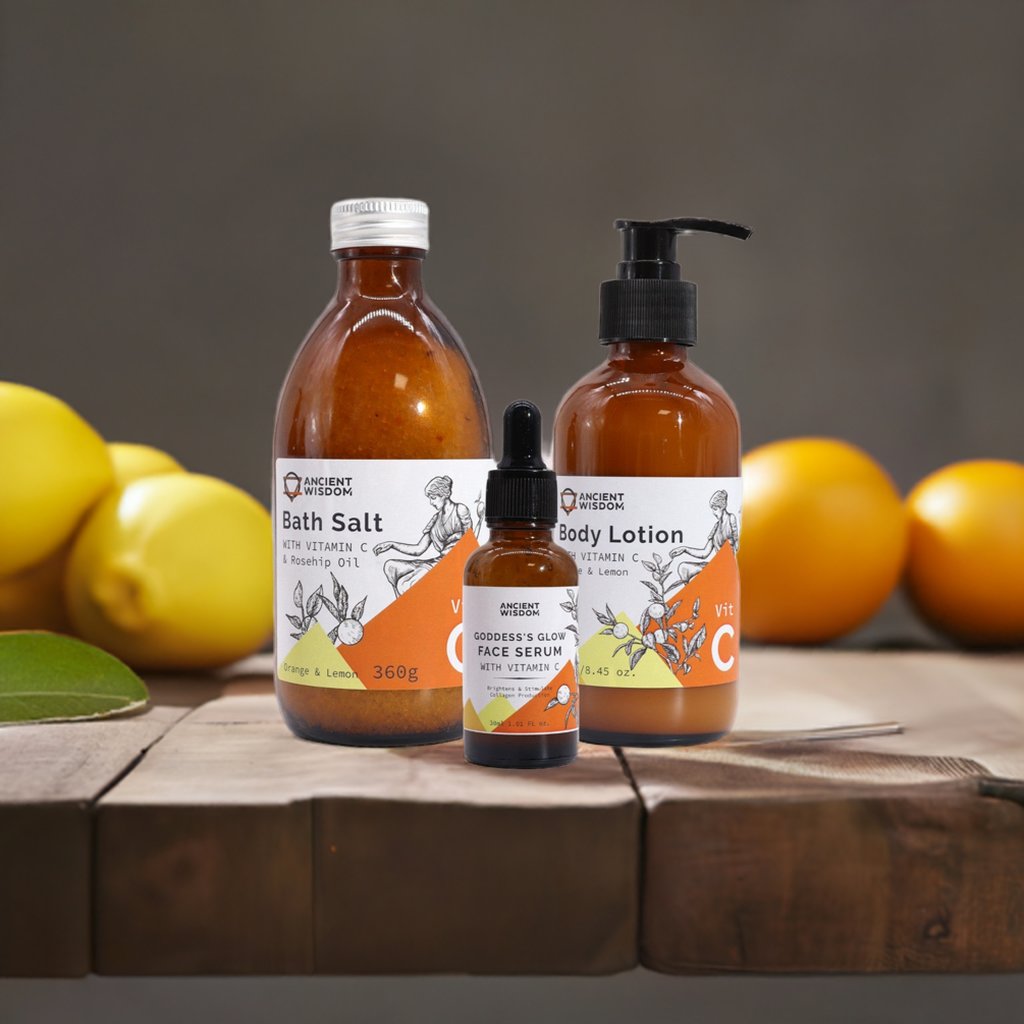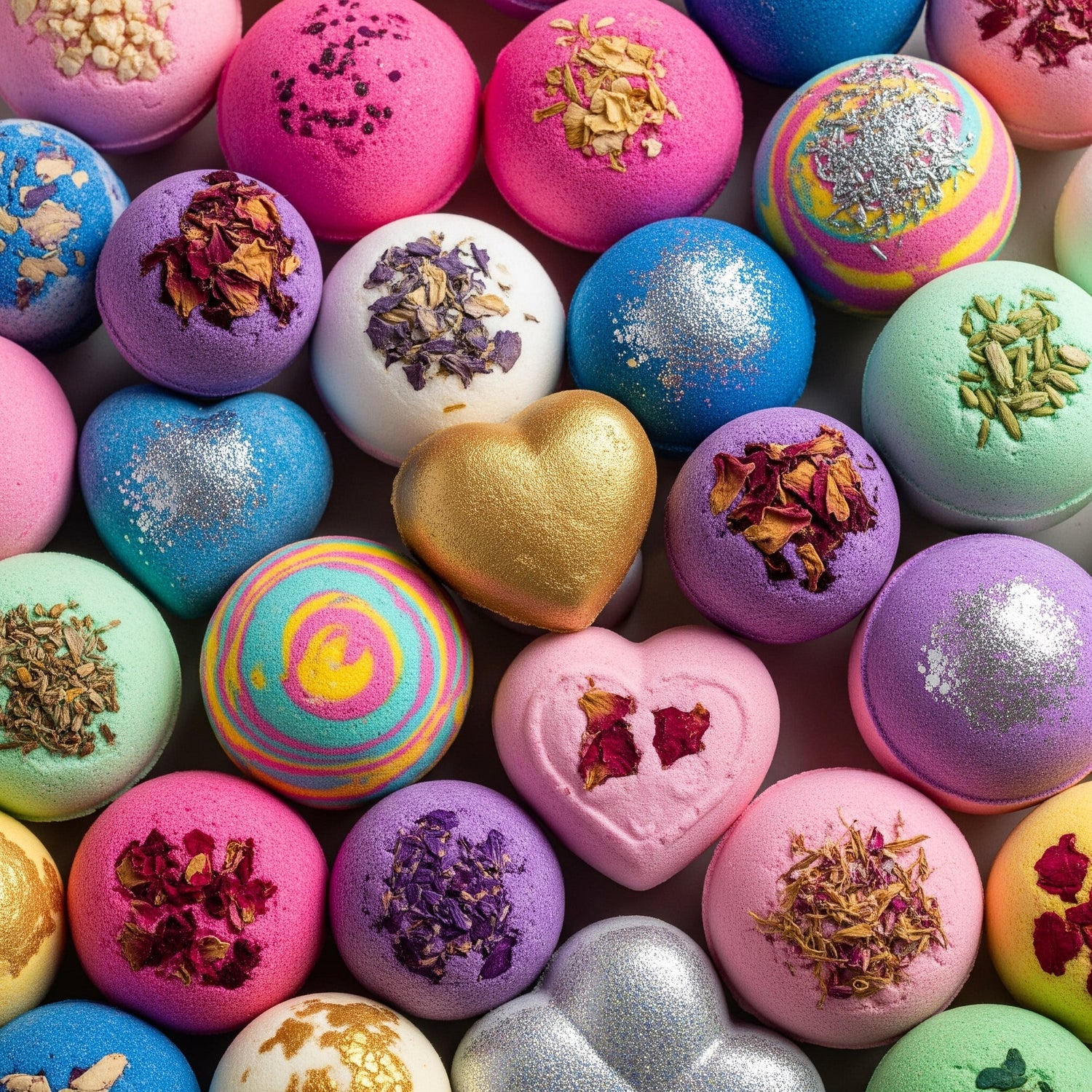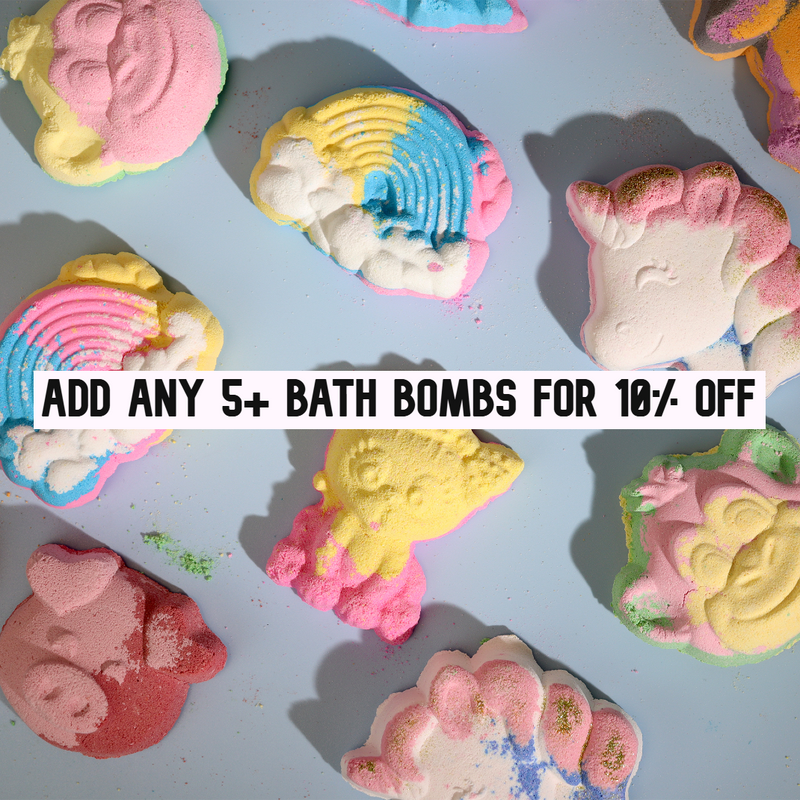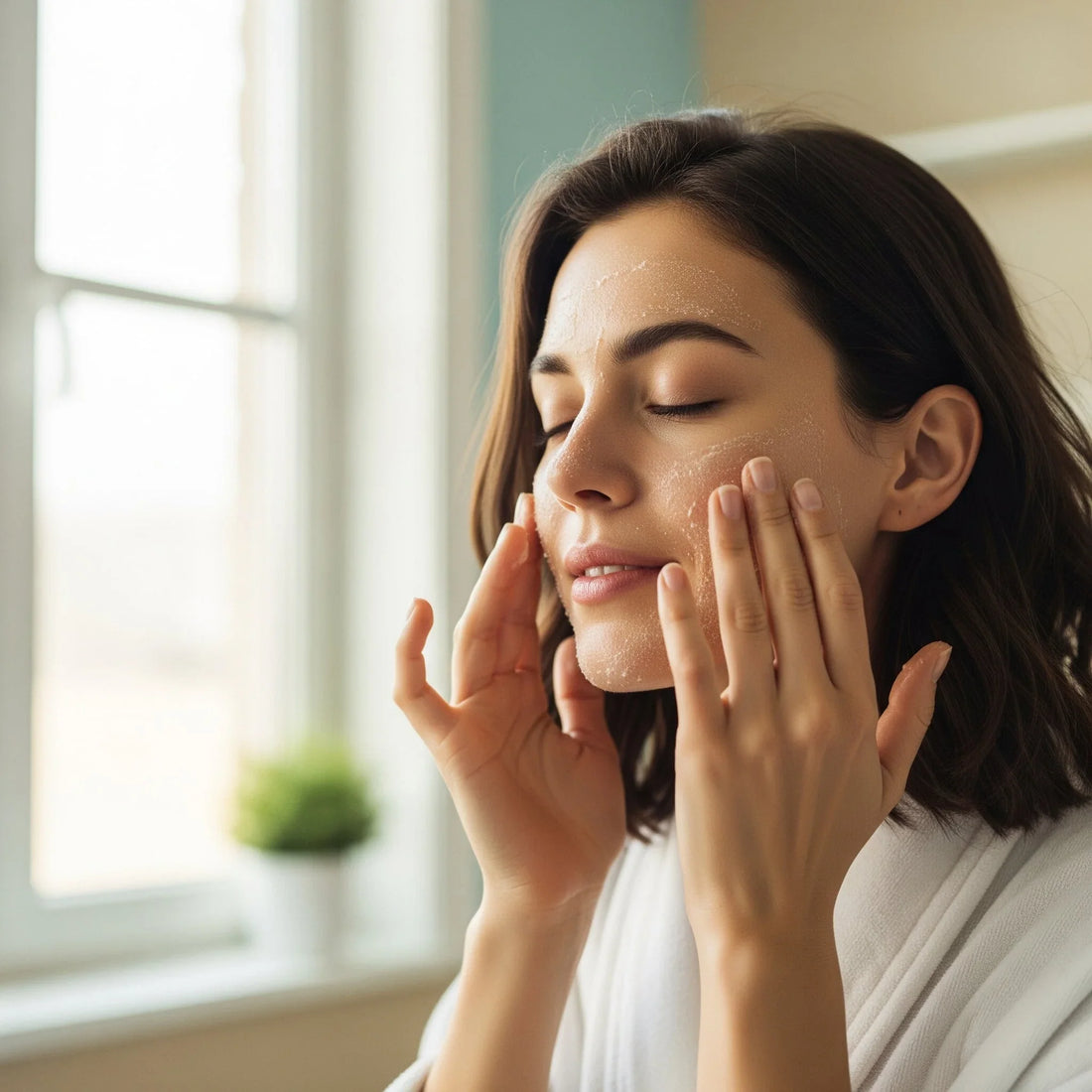
Are Face Scrubs Actually Good for Your Skin?
We've all seen them: those enticing tubes of face scrub promising baby-soft skin and a glowing complexion. For years, they've been a staple in many skincare routines, offering that satisfying feeling of truly "clean" skin. But as the beauty world evolves, a question keeps popping up: is face scrub actually good for your face? Or are we unknowingly doing more harm than good? Let's dive deep into the world of exfoliation and uncover the real truth about those tiny scrubbing particles.
For a long time, the idea was simple: out with the old, in with the new. Sloughing off dead skin cells seemed like the perfect way to reveal fresh, radiant skin underneath. And in theory, it is! Exfoliation is a crucial step in maintaining healthy skin, helping to prevent clogged pores, improve skin texture, and even boost the effectiveness of your other skincare products. But here's where the nuance comes in. Not all exfoliation is created equal, and the type of facial scrub you choose, along with how often you use it, makes a massive difference.
Think about it: your skin is an incredible organ, a protective barrier that works hard for you every single day. While it sheds cells naturally, sometimes it needs a little help. That's where exfoliating comes in. But what happens when that "help" is too aggressive?
The Good, the Bad, and the Bubbly: Understanding Different Exfoliation Methods
When we talk about face exfoliation, we're generally referring to two main types: physical and chemical.
✨ Physical Exfoliation: This is where face scrubs come into play. They use small particles – anything from microbeads (which are largely phased out now due to environmental concerns, thankfully!) to crushed nut shells, sugar, salt, or synthetic beads – to manually buff away dead skin cells. The immediate feeling can be satisfying; your skin feels smoother, and perhaps even looks brighter.
🧪 Chemical Exfoliation: This method uses acids like AHAs (Alpha Hydroxy Acids) and BHAs (Beta Hydroxy Acids) to dissolve the "glue" that holds dead skin cells together, allowing them to slough off naturally. This includes ingredients like glycolic acid, lactic acid, and salicylic acid. Often found in toners, serums, and masks, chemical exfoliants can be surprisingly gentle and highly effective.
So, when considering whether to use face scrub, it's important to understand the potential downsides of physical exfoliants, especially those with harsh, irregularly shaped particles.
The Potential Pitfalls of Over-Scrubbing
While the allure of a squeaky-clean feeling is strong, aggressive face cleansing scrubs can lead to several issues:
🔴 Micro-tears: Imagine tiny, sharp fragments dragging across your delicate skin. That's what can happen with scrubs containing irregularly shaped particles like crushed nut shells. These micro-tears can compromise your skin's protective barrier, leaving it vulnerable to irritation, inflammation, and even infection. This is a key reason why many dermatologists are now advising against harsh facial scrubs.
🩹 Increased Sensitivity: When your skin barrier is compromised, it becomes more sensitive to everything. You might experience redness, stinging, or dryness, making your skin feel tight and uncomfortable. This can be a vicious cycle, as you might then try to scrub more to get rid of the dryness, making things worse!
⚡ Breakouts: It might seem counterintuitive, but over-exfoliating can actually trigger breakouts. When you strip away too many natural oils and damage the skin barrier, your skin can go into overdrive producing more oil to compensate. This excess oil, combined with compromised skin, creates a perfect breeding ground for acne. So, if you're battling acne and face scrub, it's crucial to reconsider your approach.
⬆️ Hyperpigmentation: For those prone to post-inflammatory hyperpigmentation (dark spots after a breakout or irritation), aggressive scrubbing can worsen the issue. The irritation caused by harsh exfoliation can stimulate melanin production, leading to more persistent dark spots.
🤔 Is face scrub bad for your face? Not necessarily all face scrubs, but many of the traditional, highly abrasive ones can be. The key is in the formulation and how you use them.
When a Gentle Touch is Best: Choosing the Right Exfoliant
So, if traditional face scrubs are often not the best option, what should you use for effective exfoliation?
💧 Gentle Physical Exfoliants: If you love the feel of a scrub, look for products with fine, spherical beads (like jojoba beads or very fine synthetic beads). These are much less likely to cause micro-tears. The emphasis here is on gentle. Think of it as a soft polish, not a vigorous scour. Some people find that a very fine oat-based scrub or a konjac sponge provides just enough physical exfoliation without irritation. When you're looking for the best facial scrub, gentleness should be a top priority.
✨ Chemical Exfoliants (AHAs & BHAs): These are often the preferred choice among skincare experts for their ability to exfoliate effectively without physical abrasion.
- AHAs (Glycolic Acid, Lactic Acid): Great for improving skin texture, fading hyperpigmentation, and boosting radiance. They work well for normal to dry and mature skin.
- BHAs (Salicylic Acid): Oil-soluble, making them excellent for penetrating pores and dissolving sebum, making them ideal for oily, acne-prone, and combination skin. They can help with clogged pores face scrub issues more effectively than physical scrubs.
🌿 Enzyme Exfoliants: Derived from fruits like papaya and pineapple, these are very gentle and work by breaking down dead skin cells. They're a fantastic option for sensitive skin types who want exfoliation without harshness.
Making an Informed Choice for Your Skin
Ultimately, the answer to "is face scrub actually good for your face?" is: it depends. It depends on the type of scrub, your skin type, and how you use it.
Here are some key takeaways when considering how to exfoliate your face:
✅ Know Your Skin Type: If you have sensitive, dry, or acne-prone skin, you're likely better off sticking to chemical or enzyme exfoliants. Oily or resilient skin might tolerate a very gentle physical scrub once or twice a week.
⏳ Frequency Matters: Even the gentlest exfoliant should not be used daily. Over-exfoliating, regardless of the method, can damage your skin barrier. Start with 1-2 times a week and adjust based on how your skin responds. This is vital for healthy face skin care.
🖐️ Gentle Application: If you do use a physical scrub, apply it with very light pressure using your fingertips. Let the product do the work, not your brute force.
👂 Listen to Your Skin: Redness, stinging, tightness, or increased breakouts are all signs that you're over-exfoliating or using the wrong product. Scale back immediately.
💡 Consult a Professional: If you're unsure about the best exfoliation method for your specific skin concerns, a dermatologist or esthetician can provide personalized advice. They can help you figure out the best way to exfoliate face for your unique needs.
In conclusion, while the satisfying sensation of a traditional face scrub might be appealing, a more nuanced and gentle approach to exfoliation is almost always better for long-term skin health. Opting for finely milled physical exfoliants, or embracing the power of chemical and enzyme exfoliants, can give you that radiant, smooth skin you're after, without the risk of causing damage. Your skin will thank you for it!

